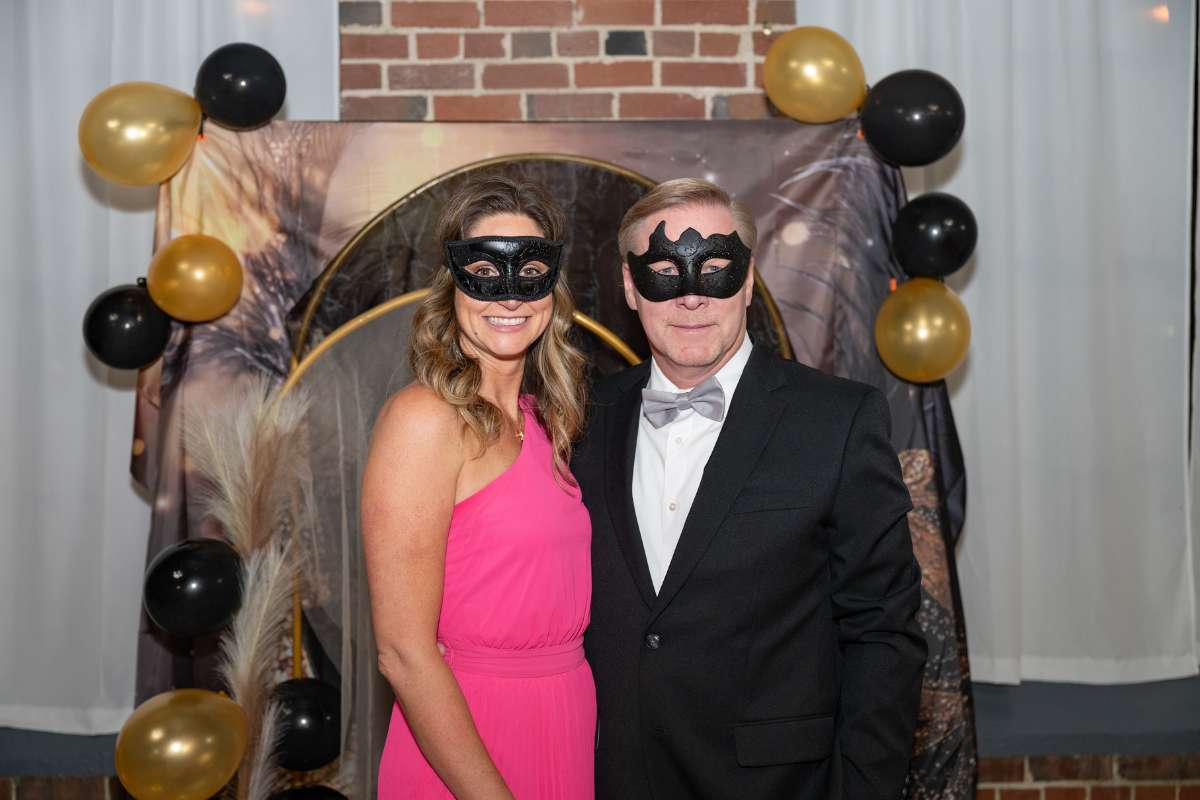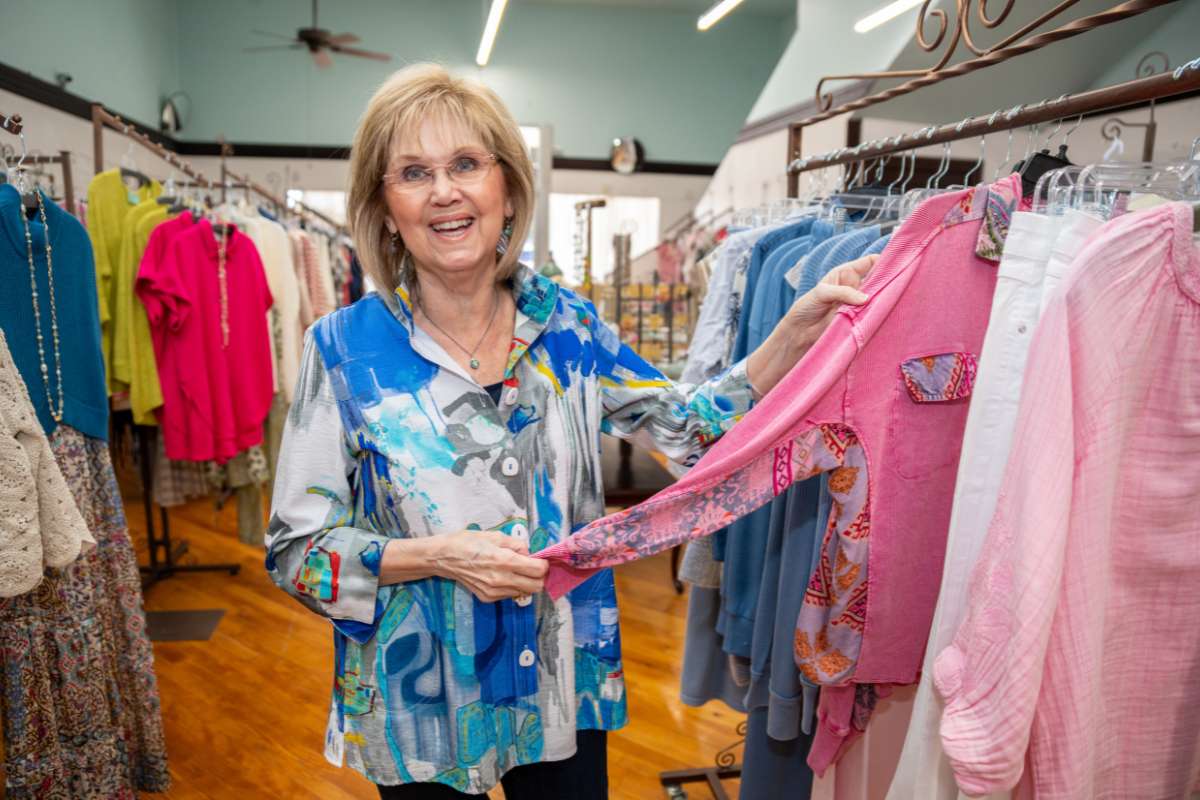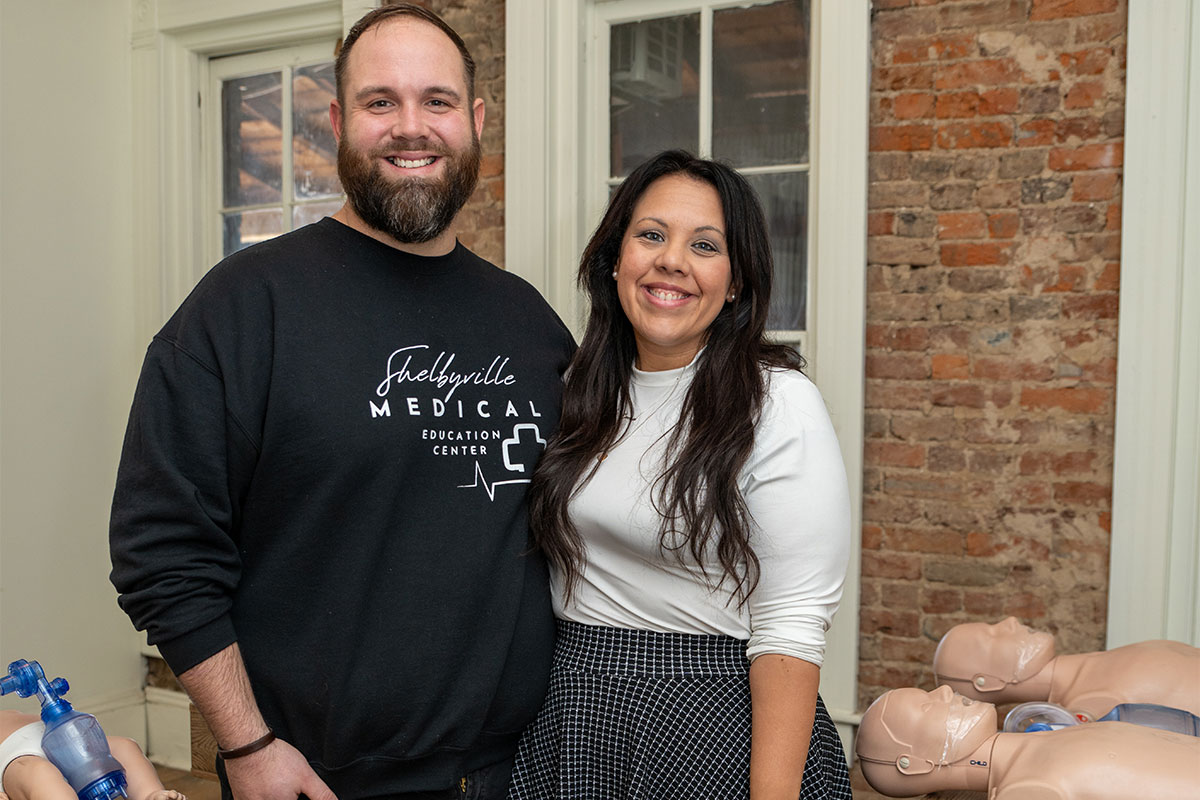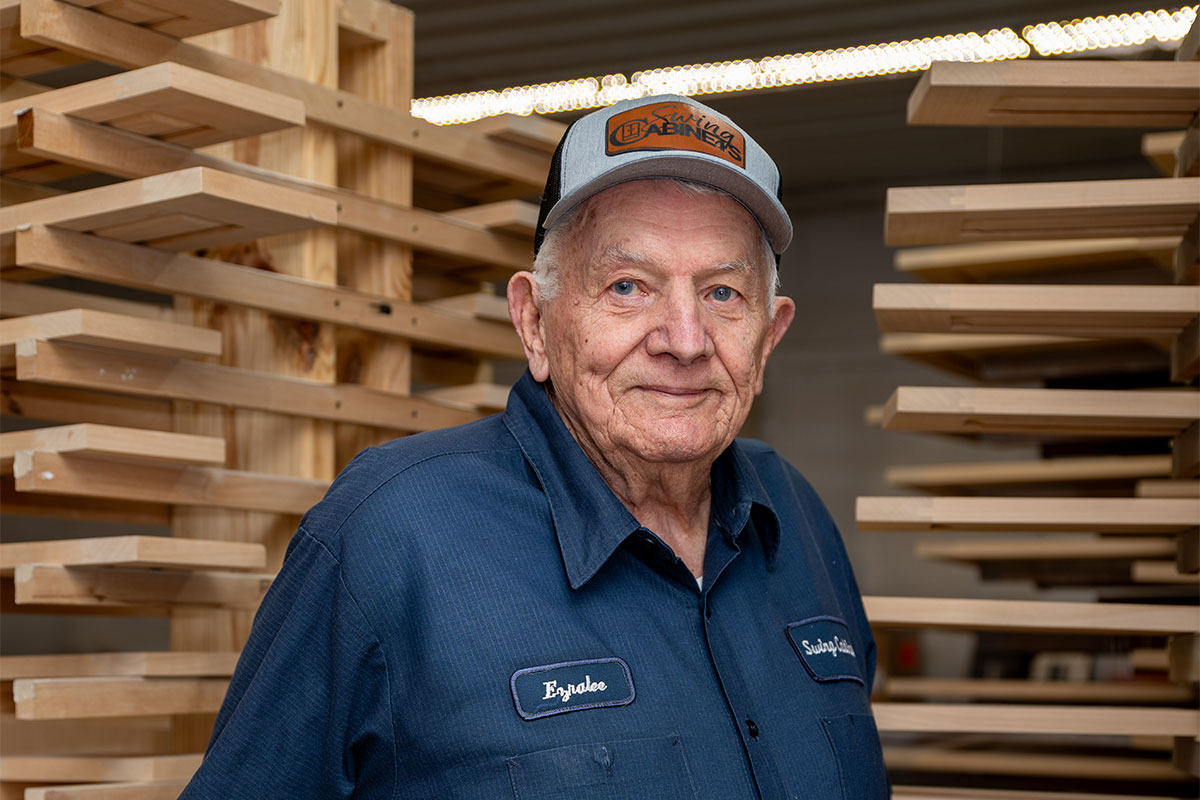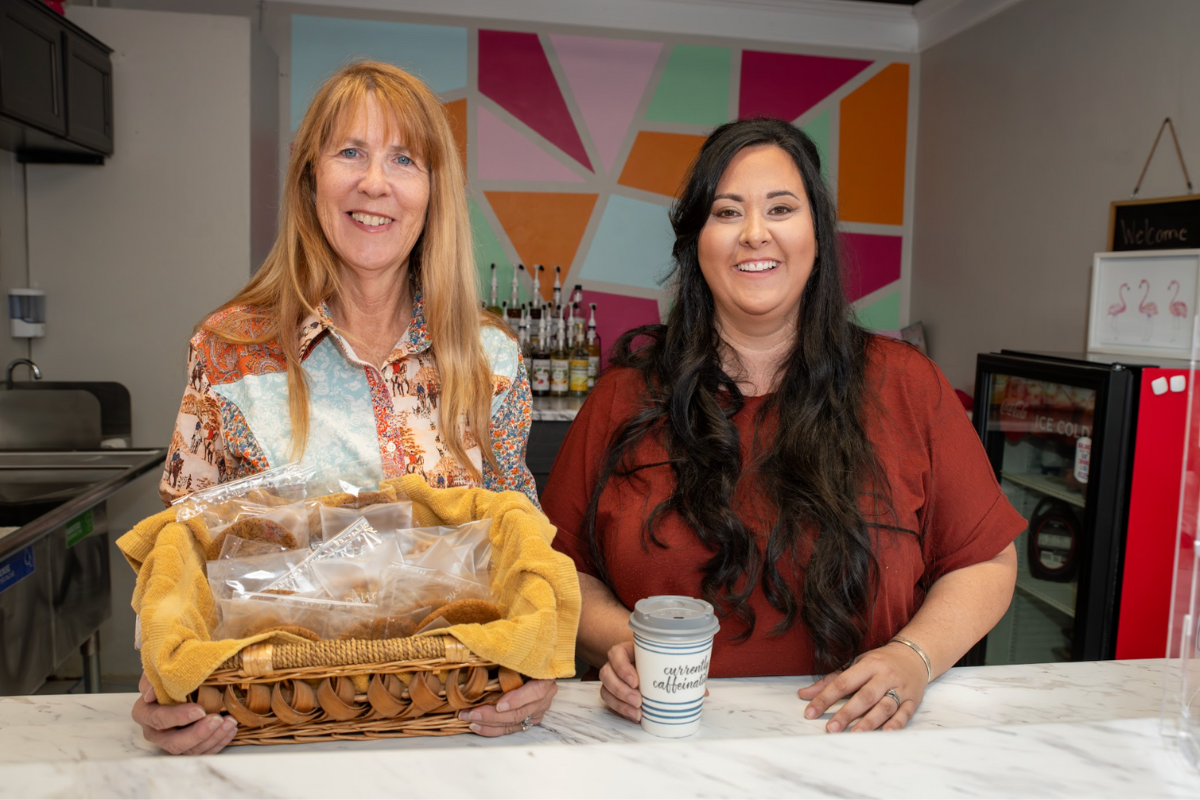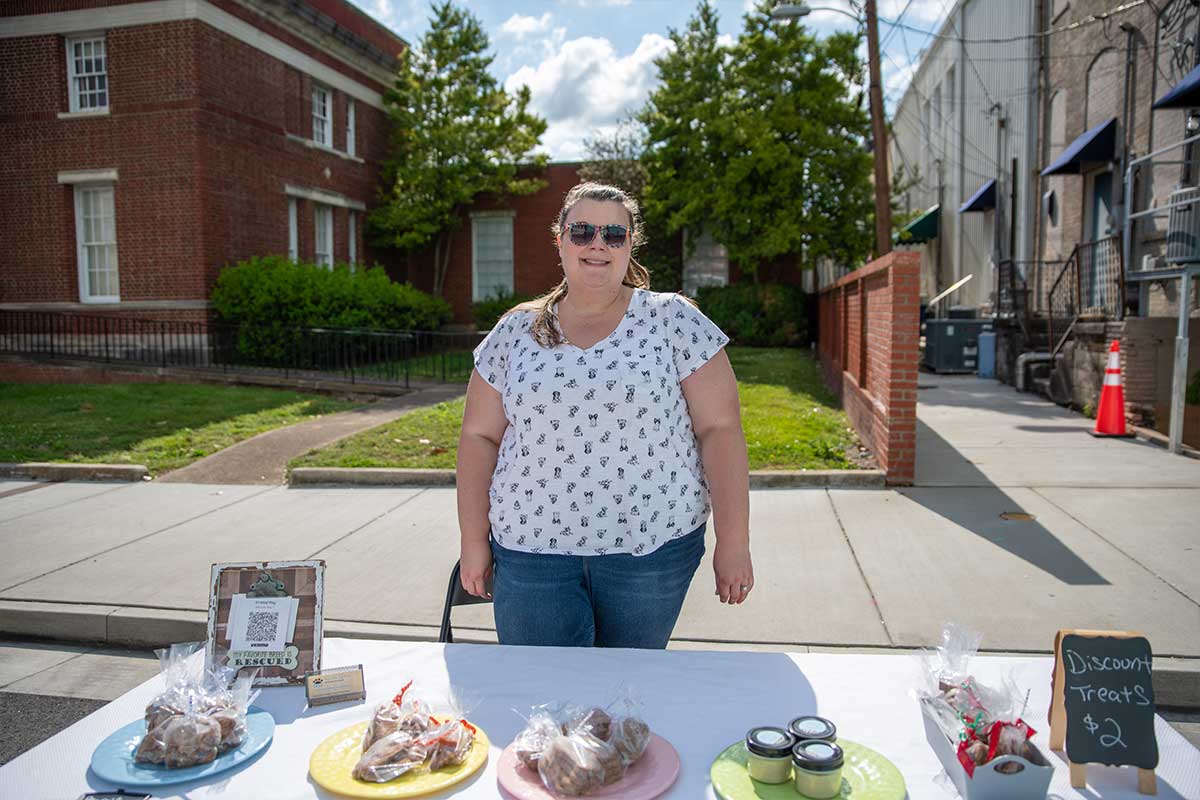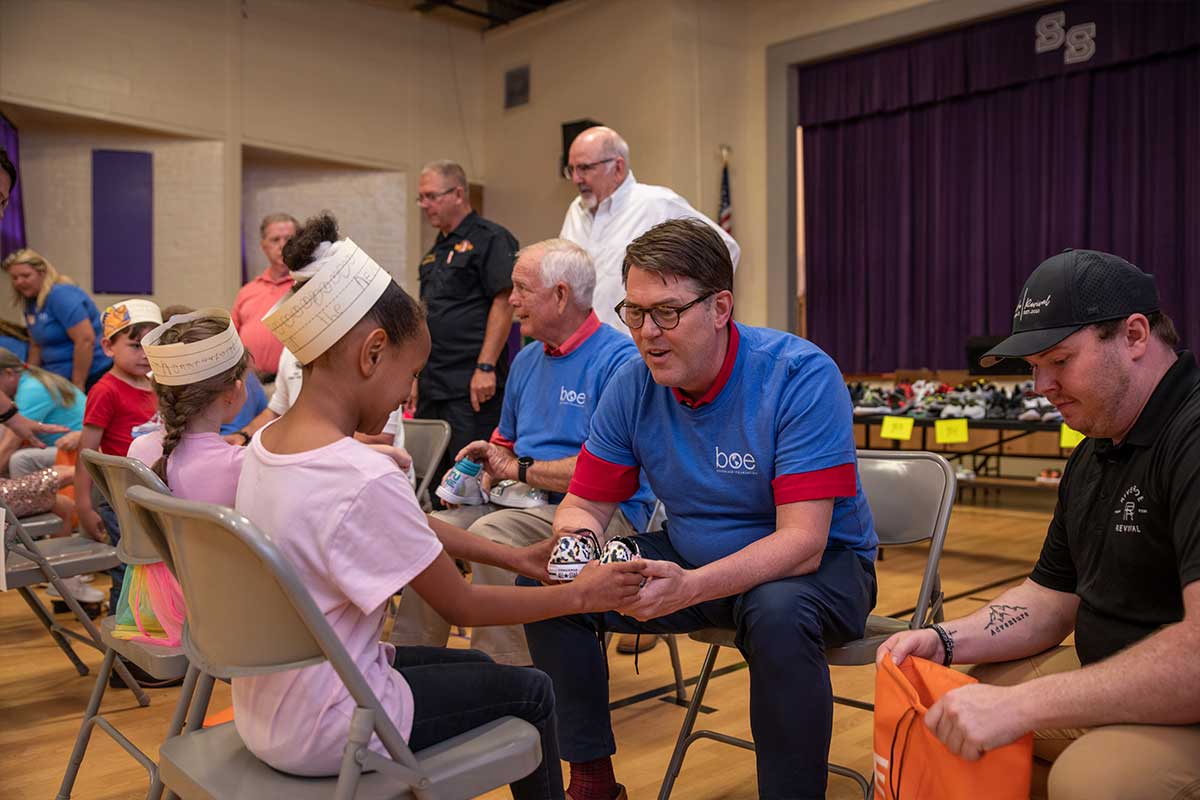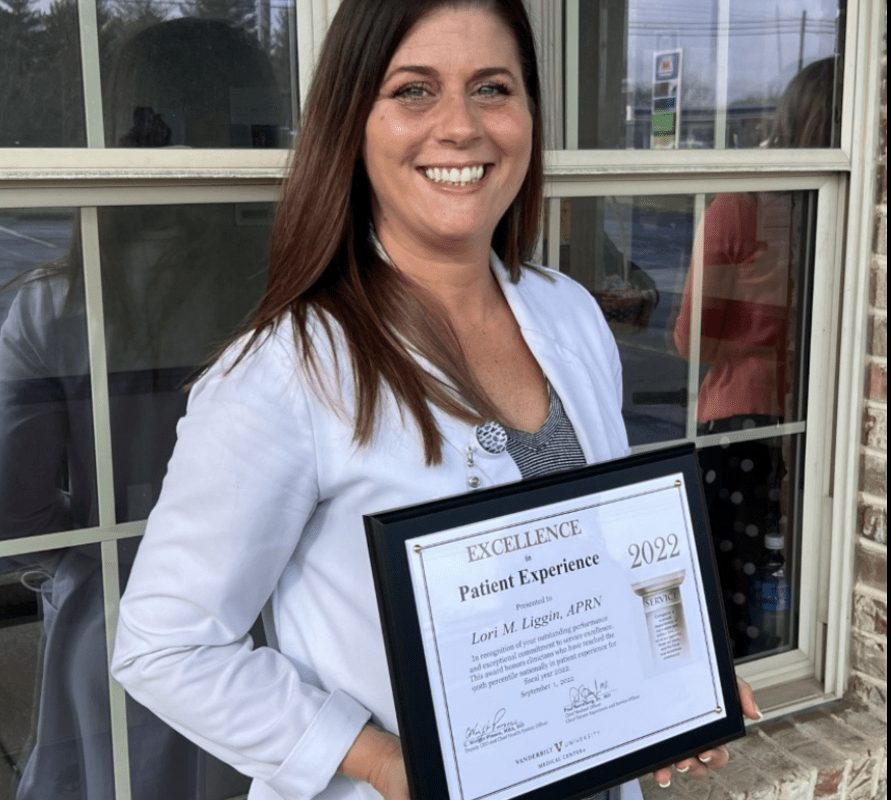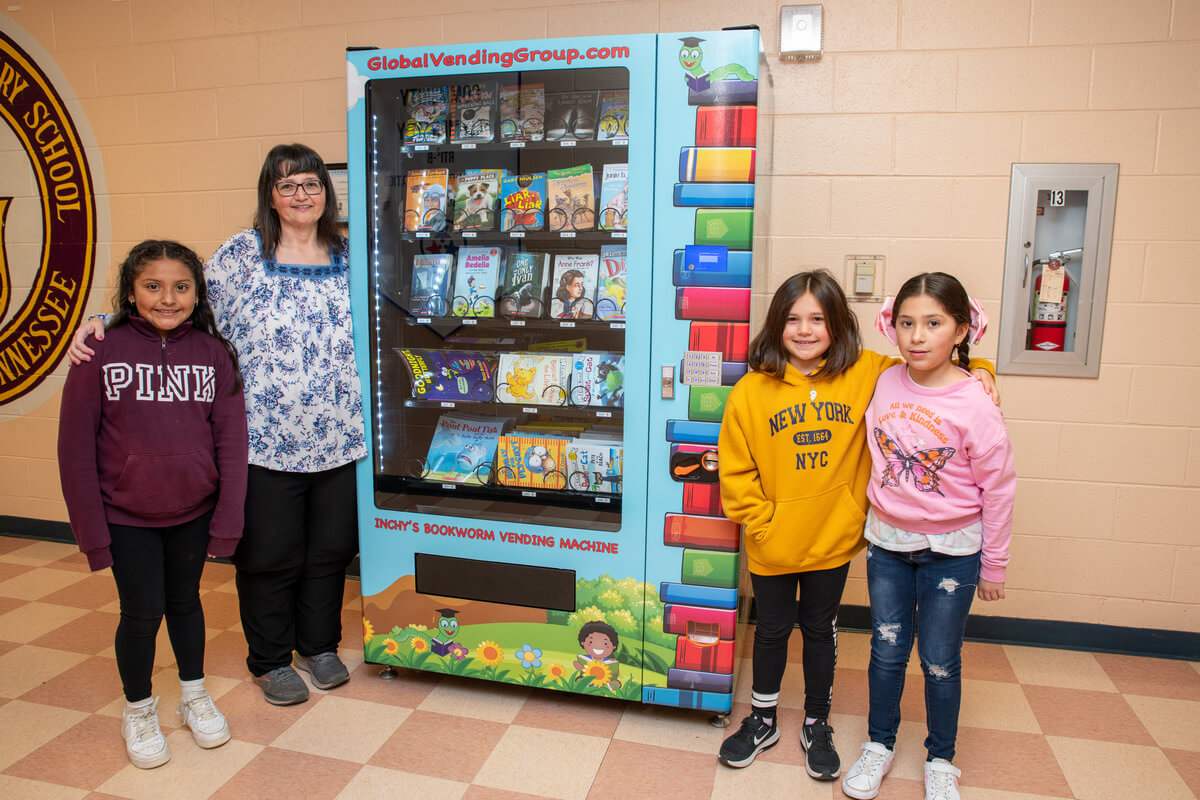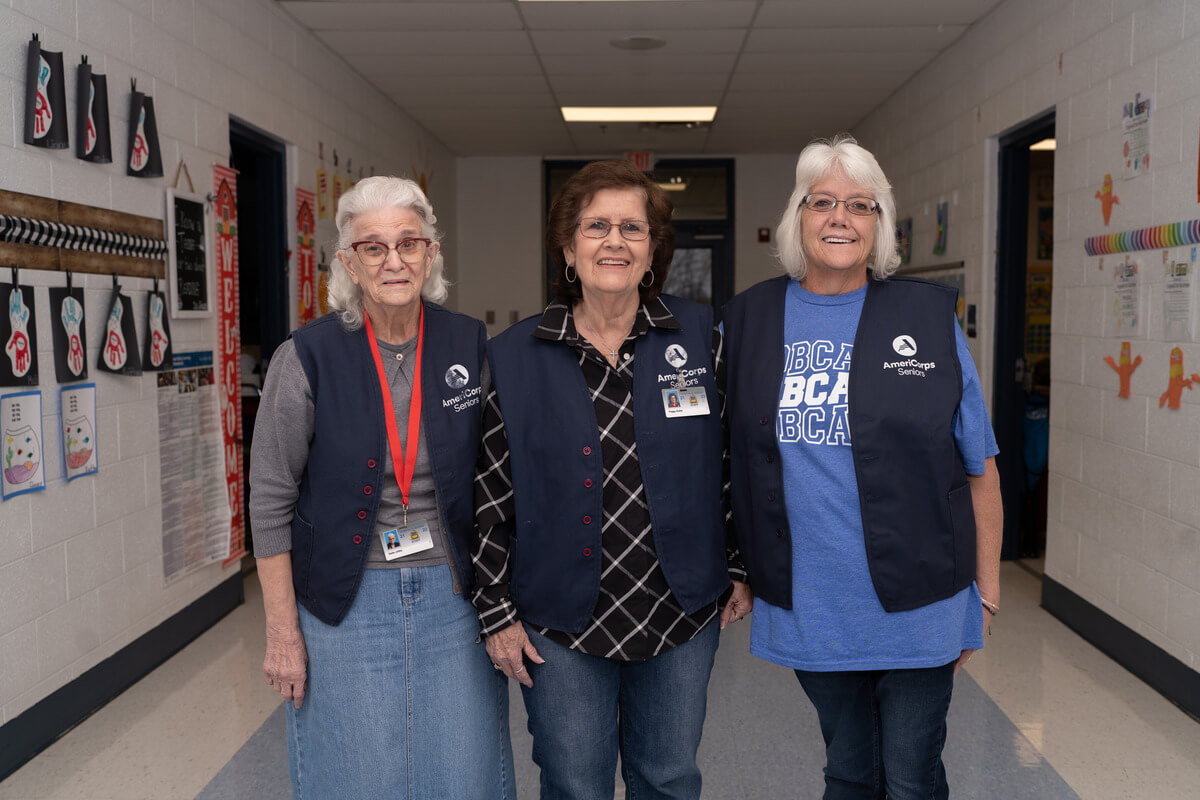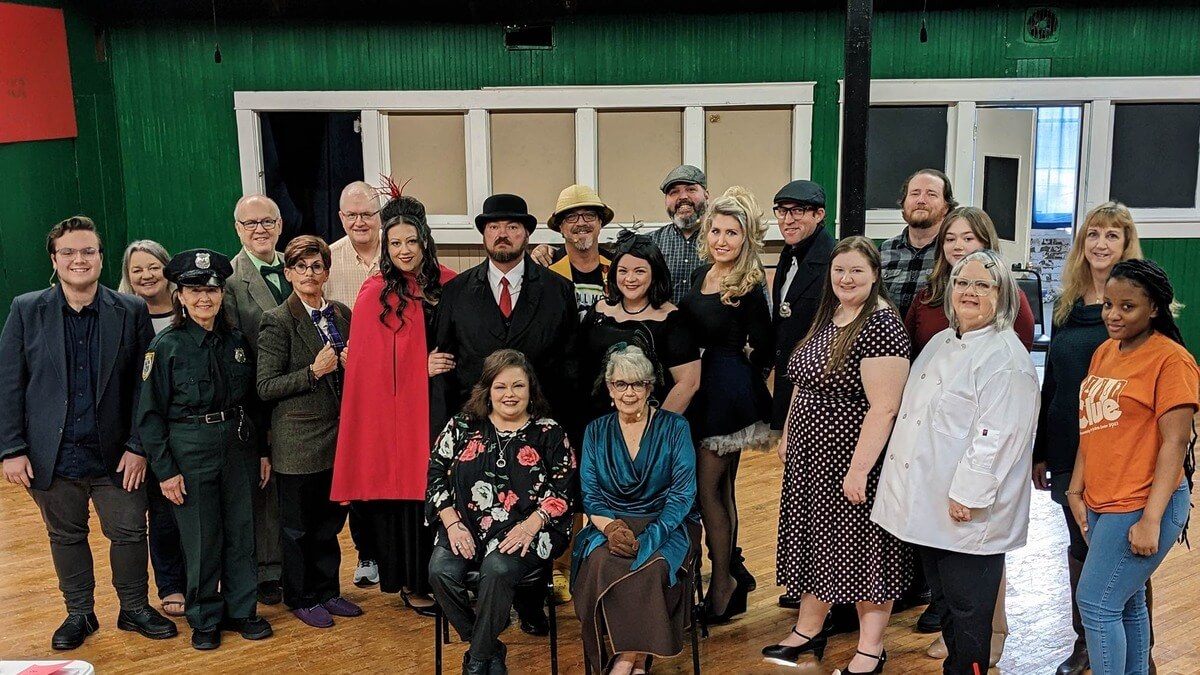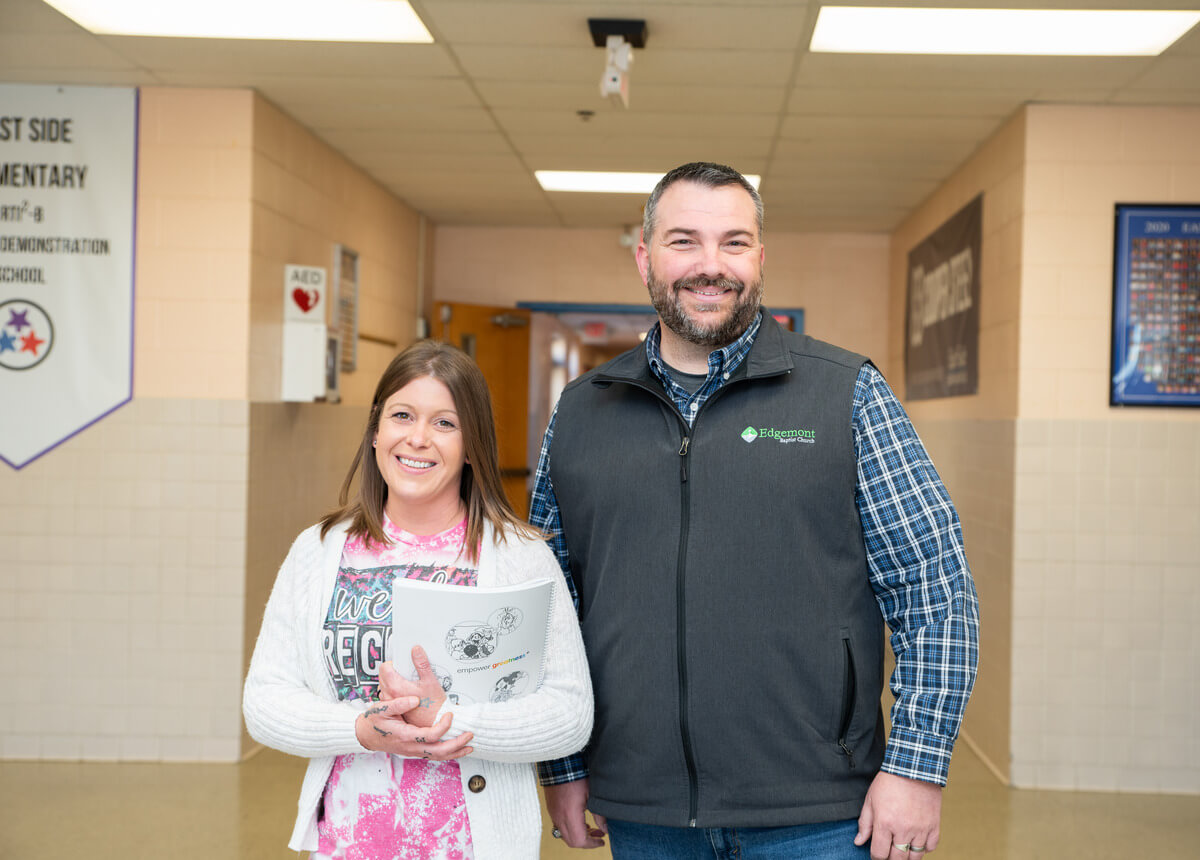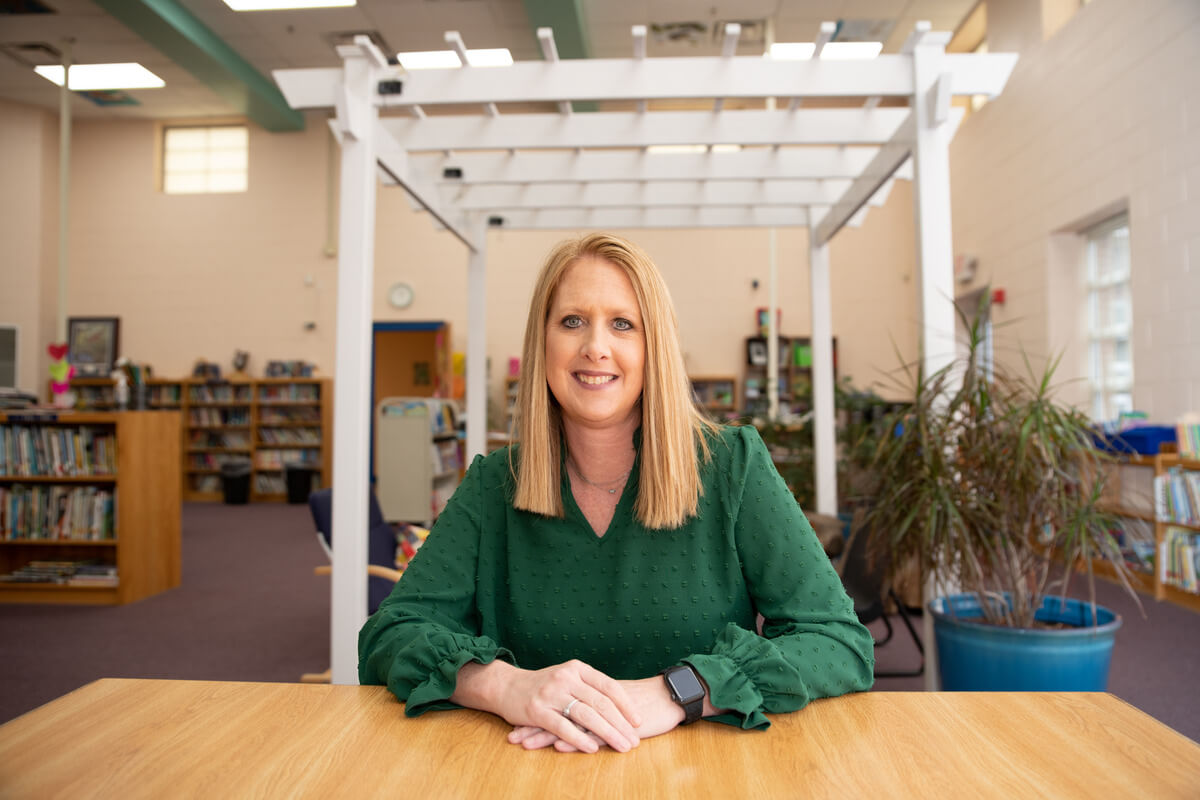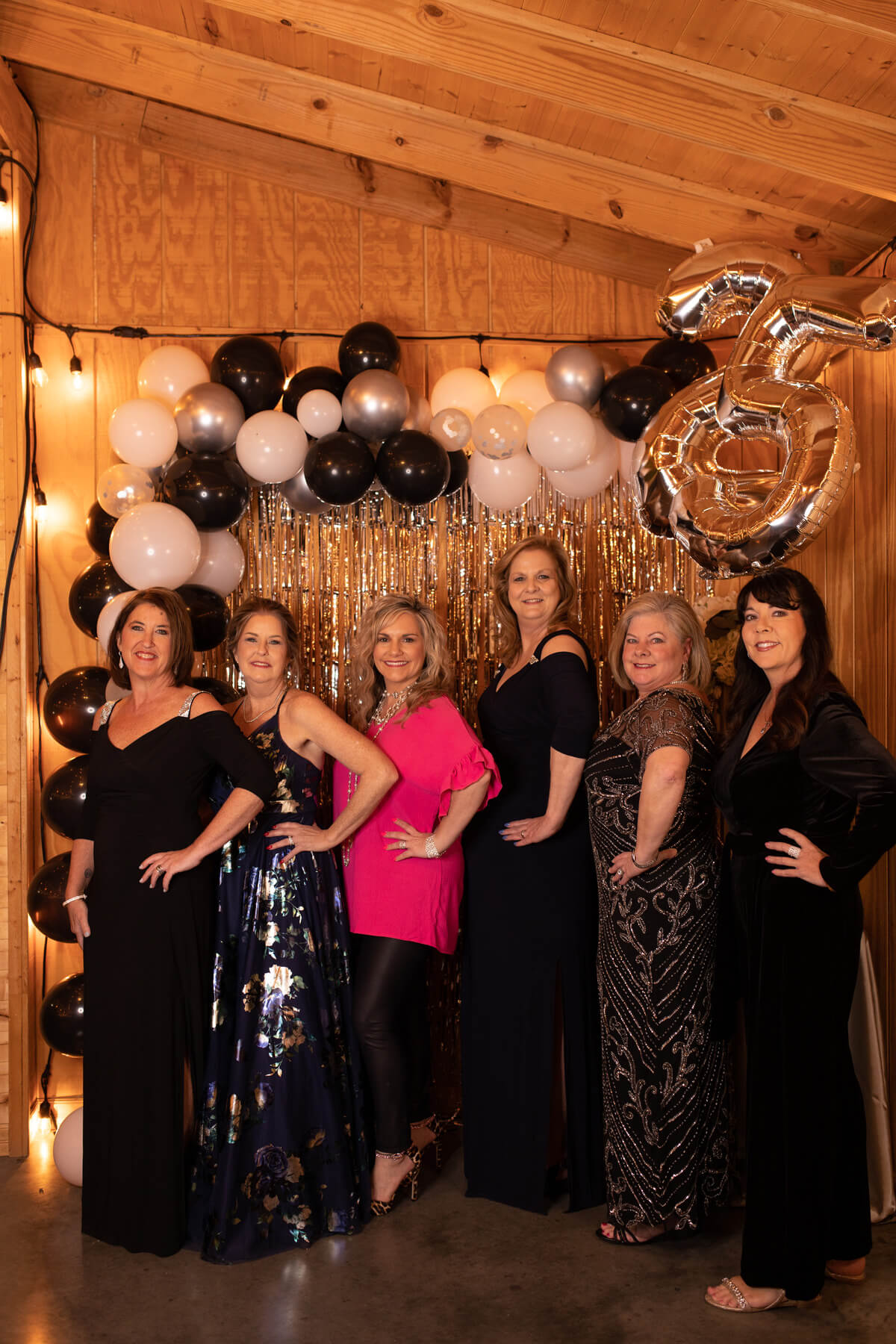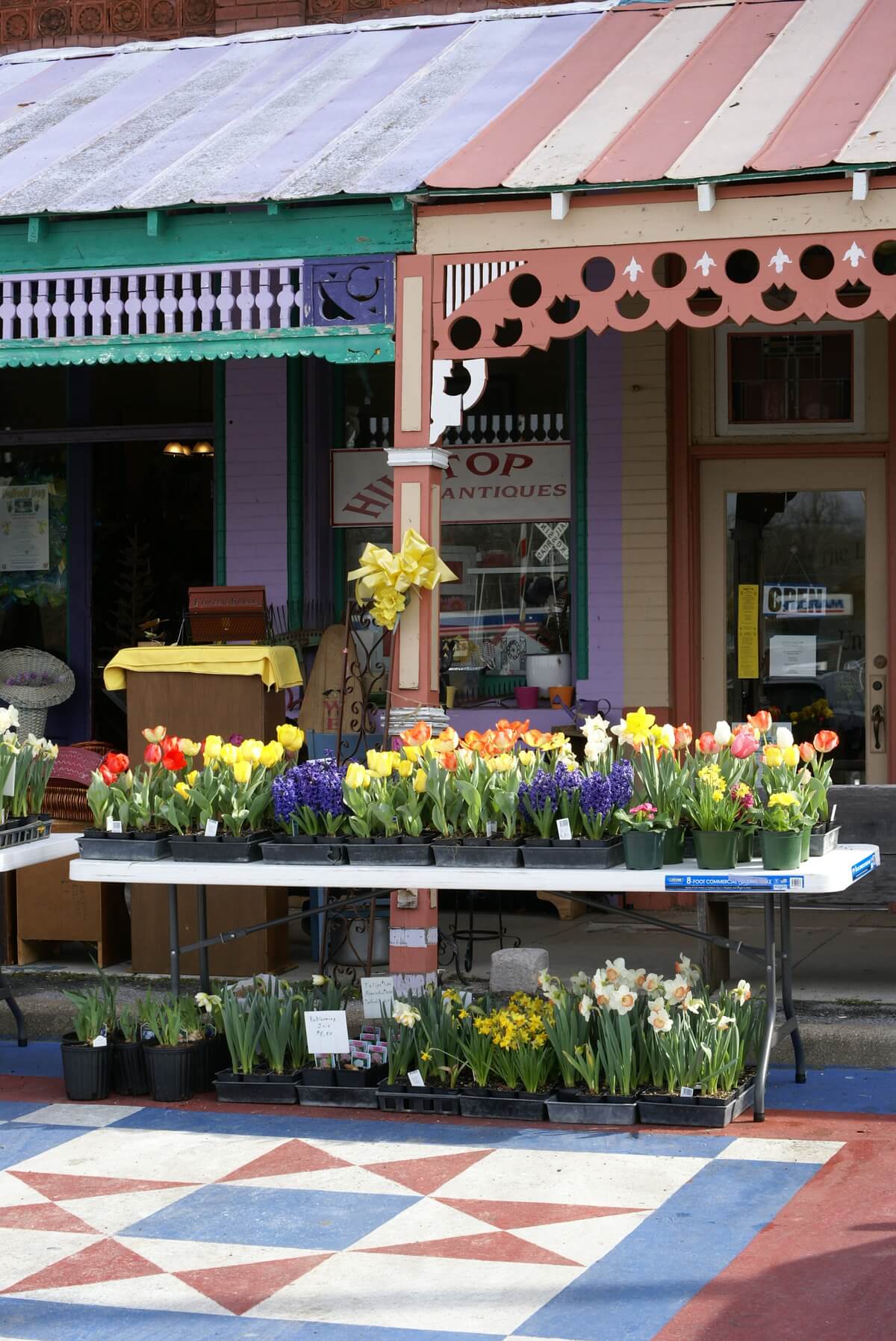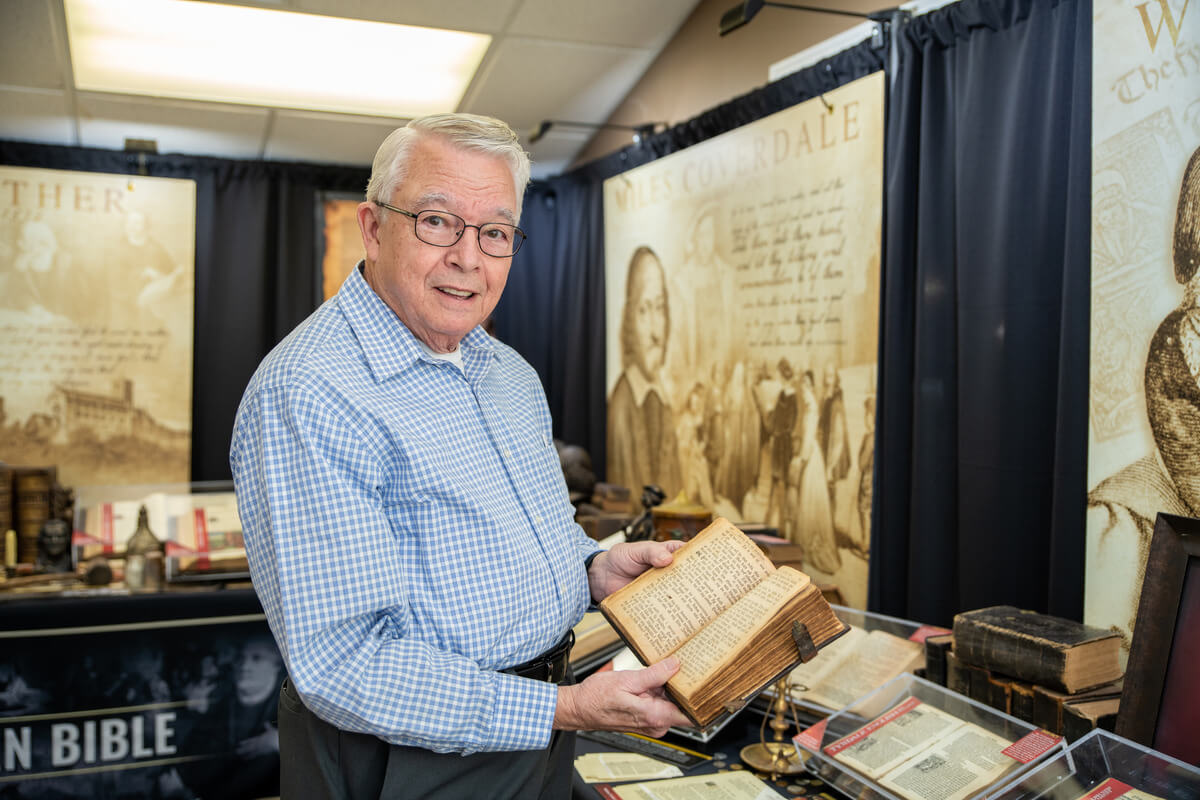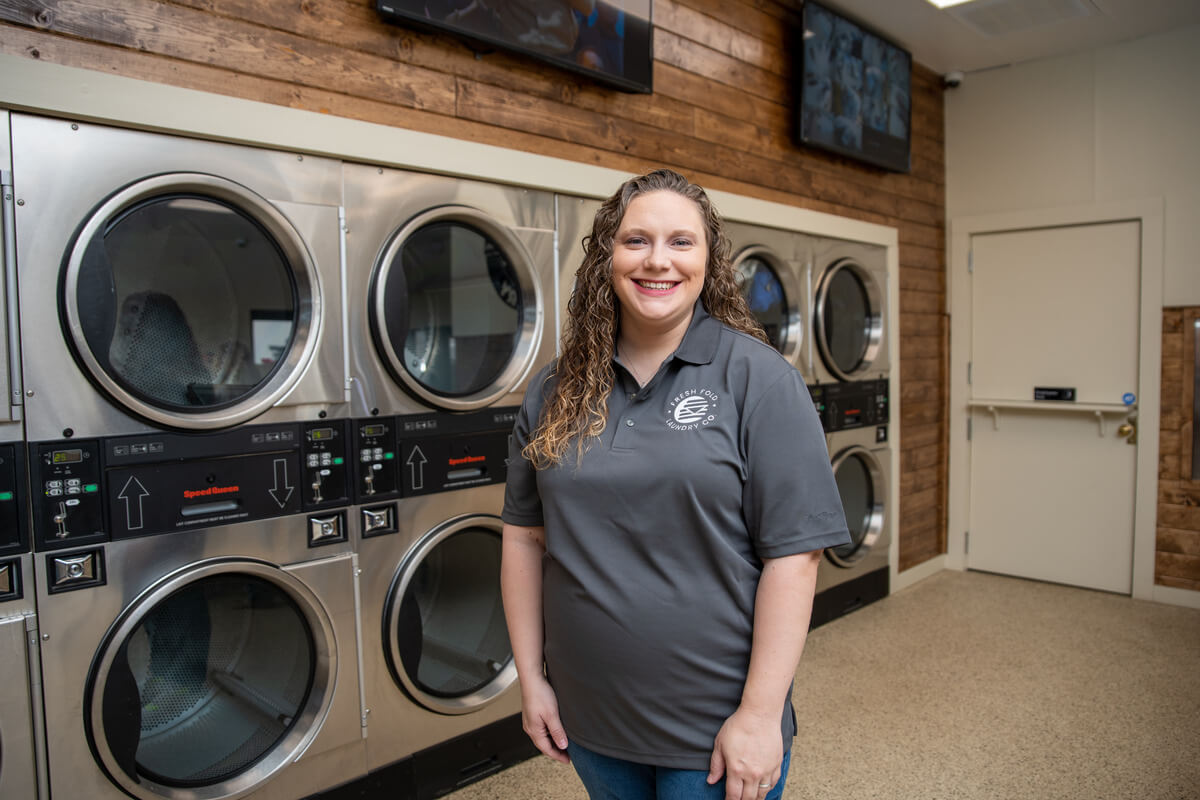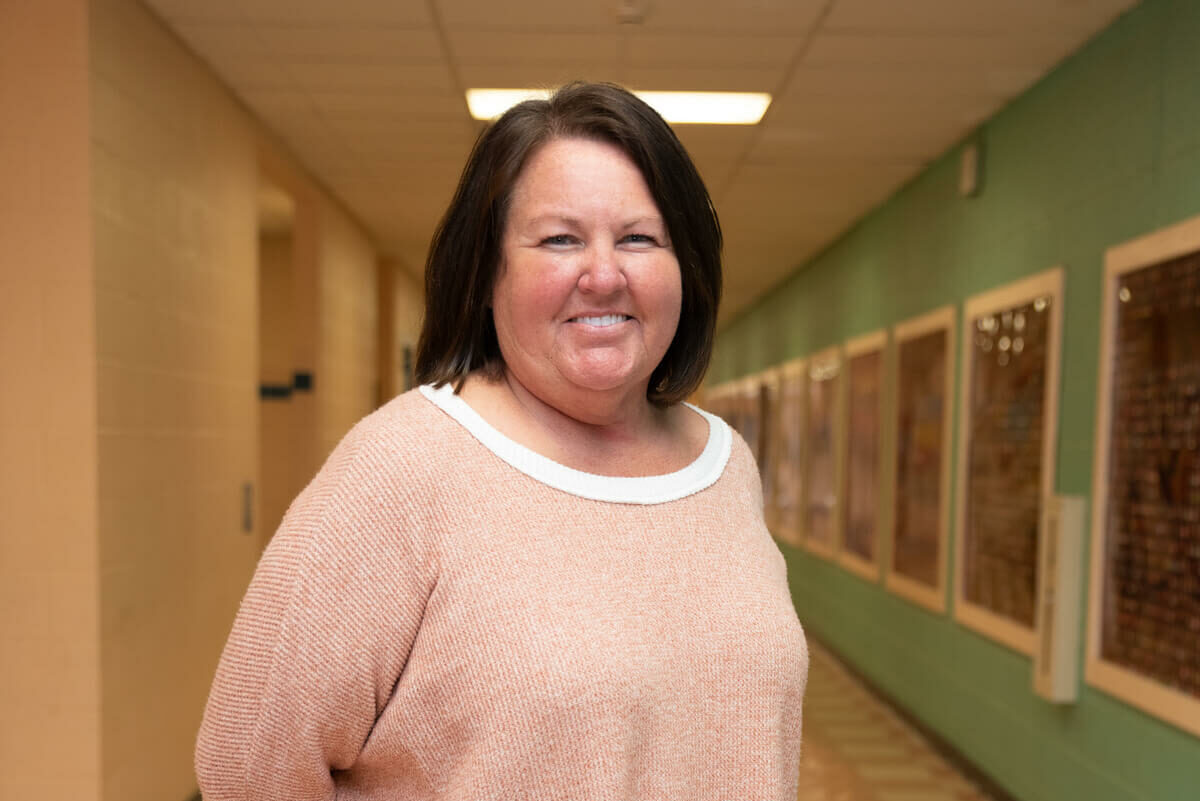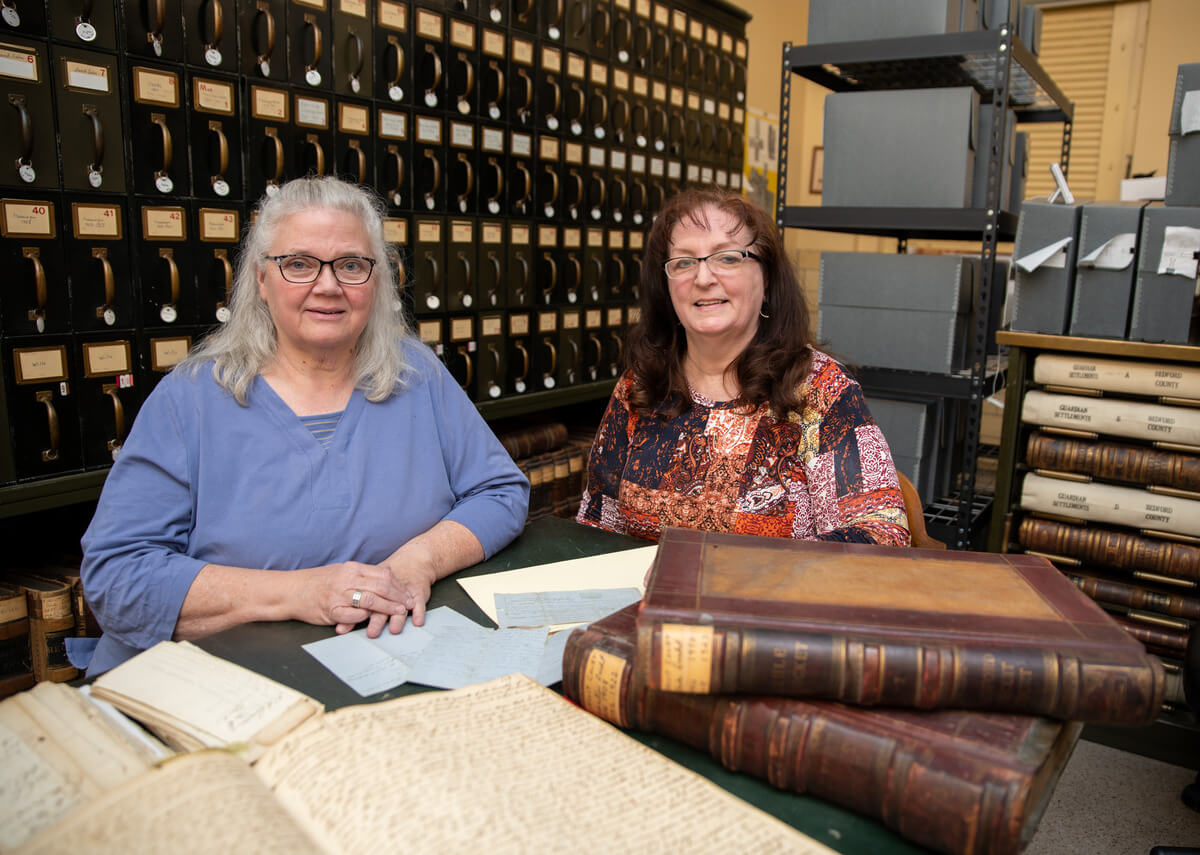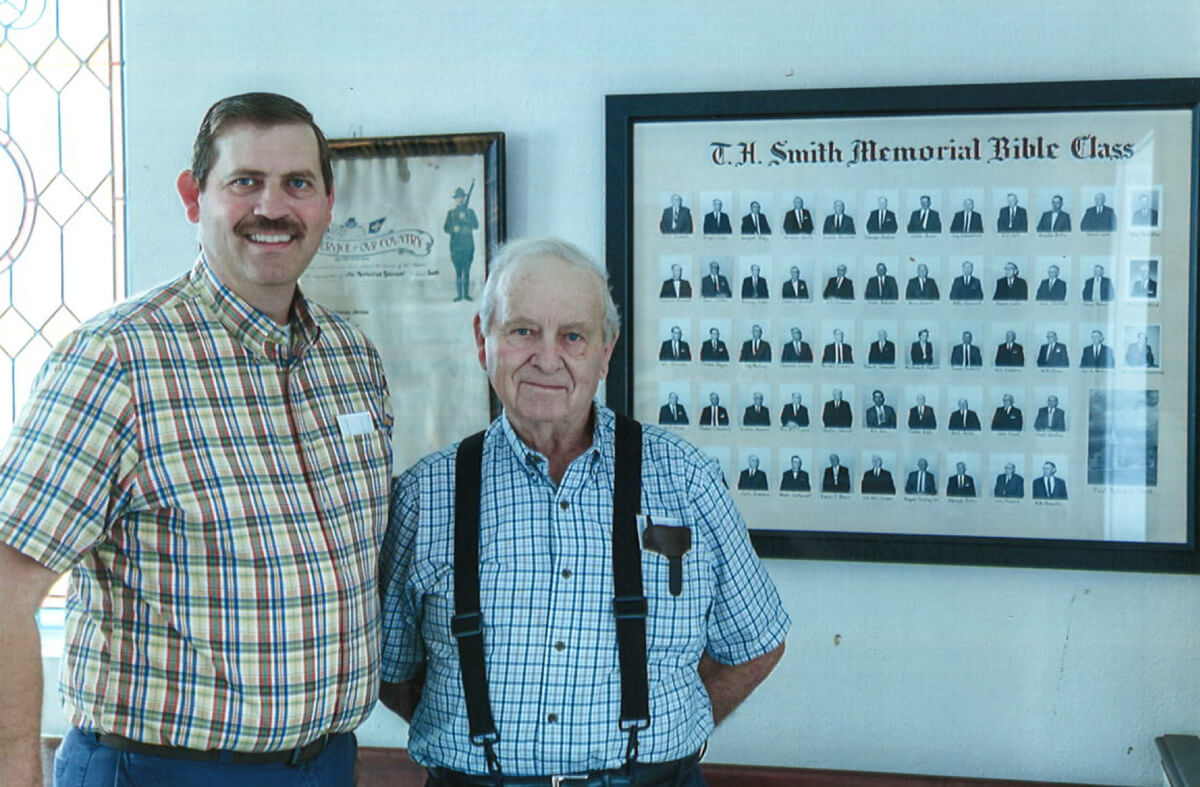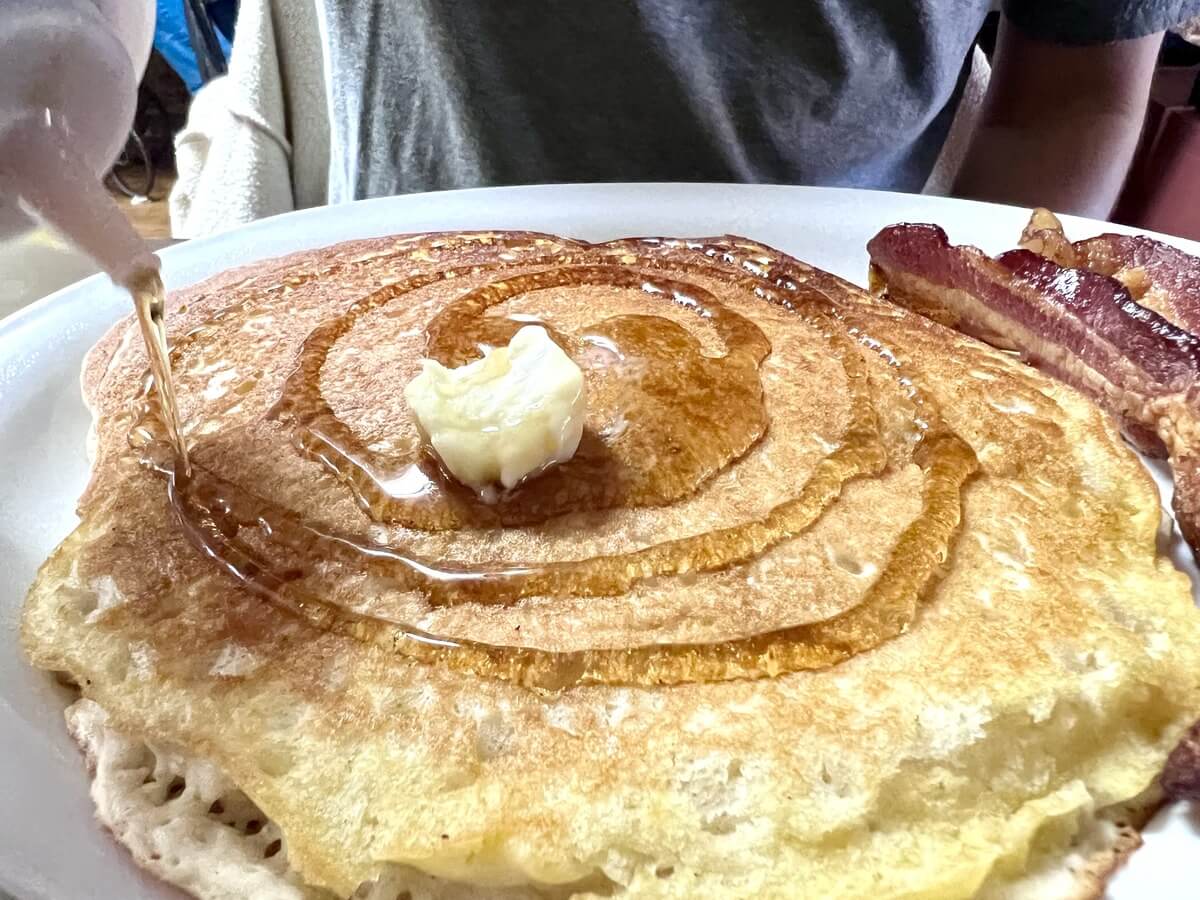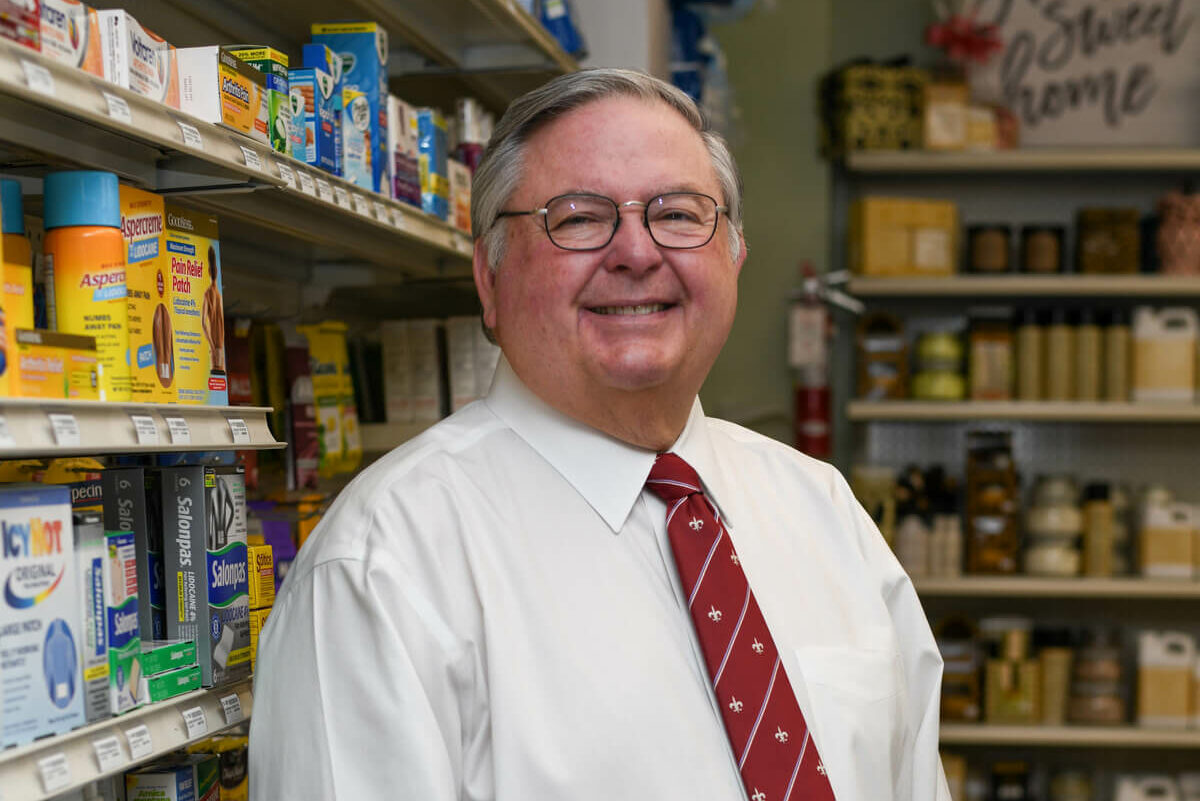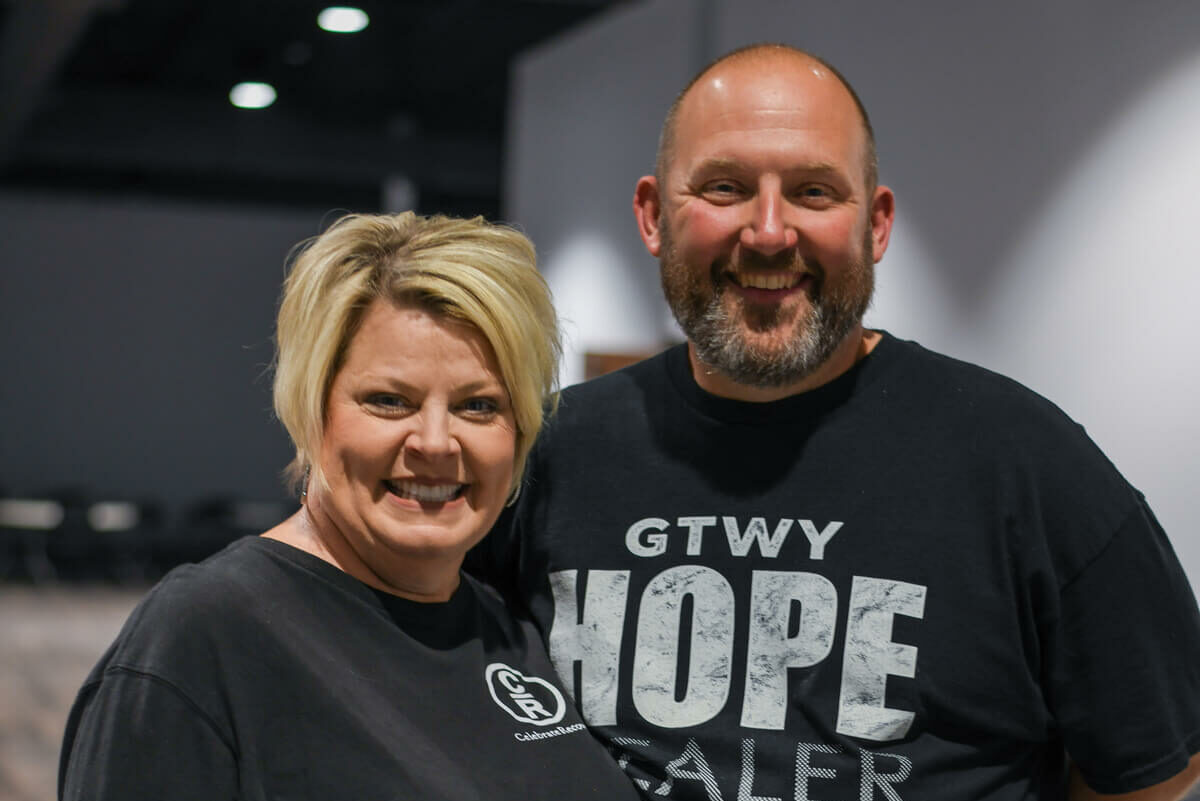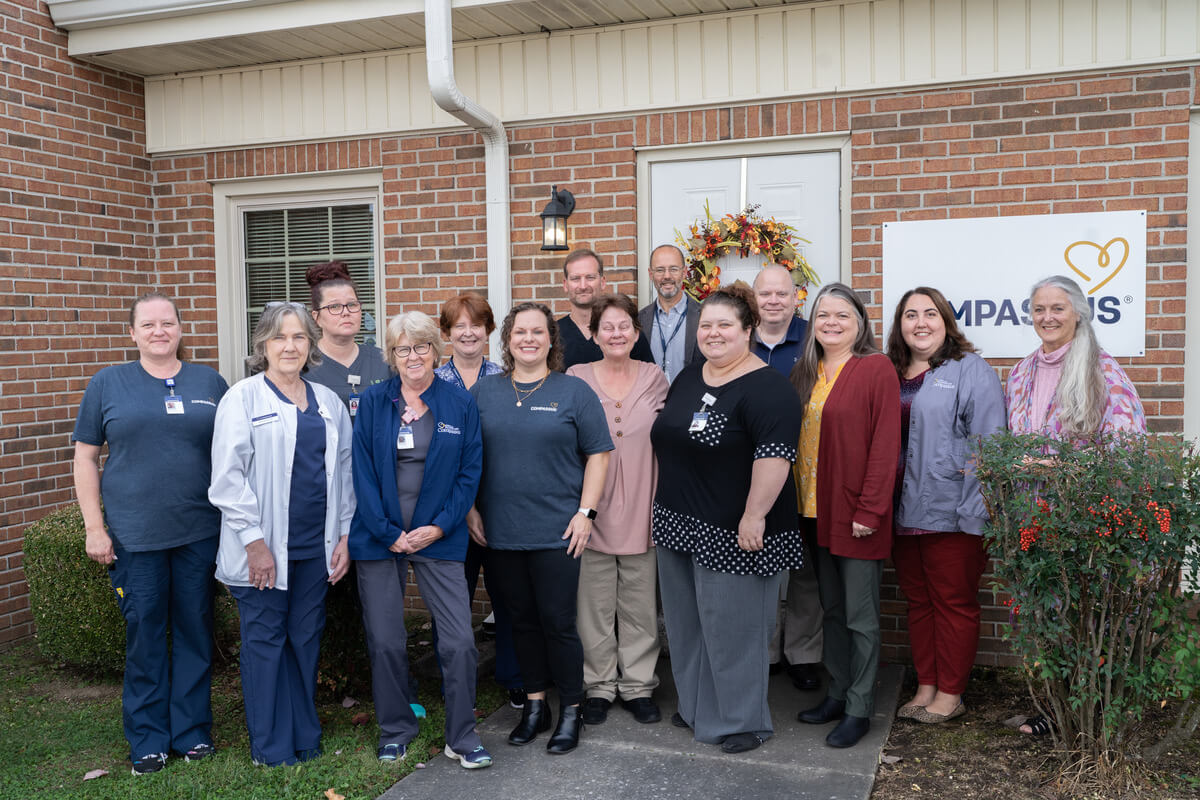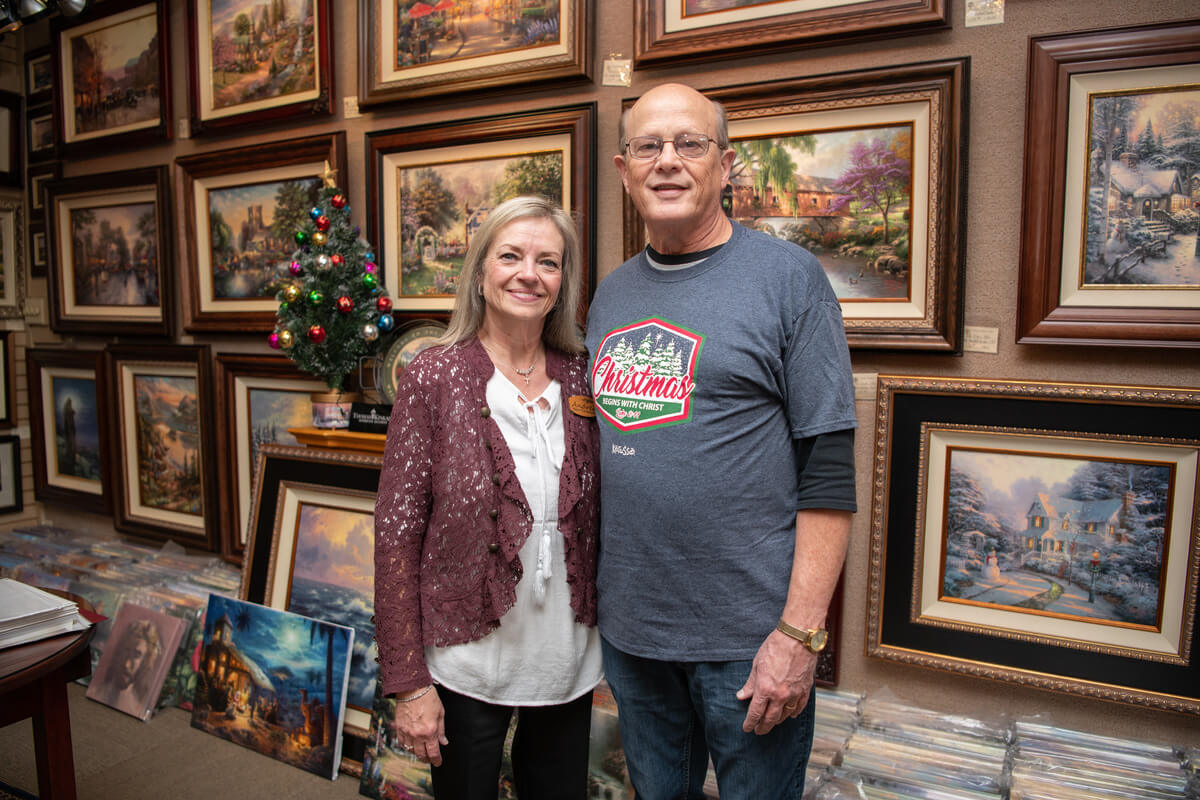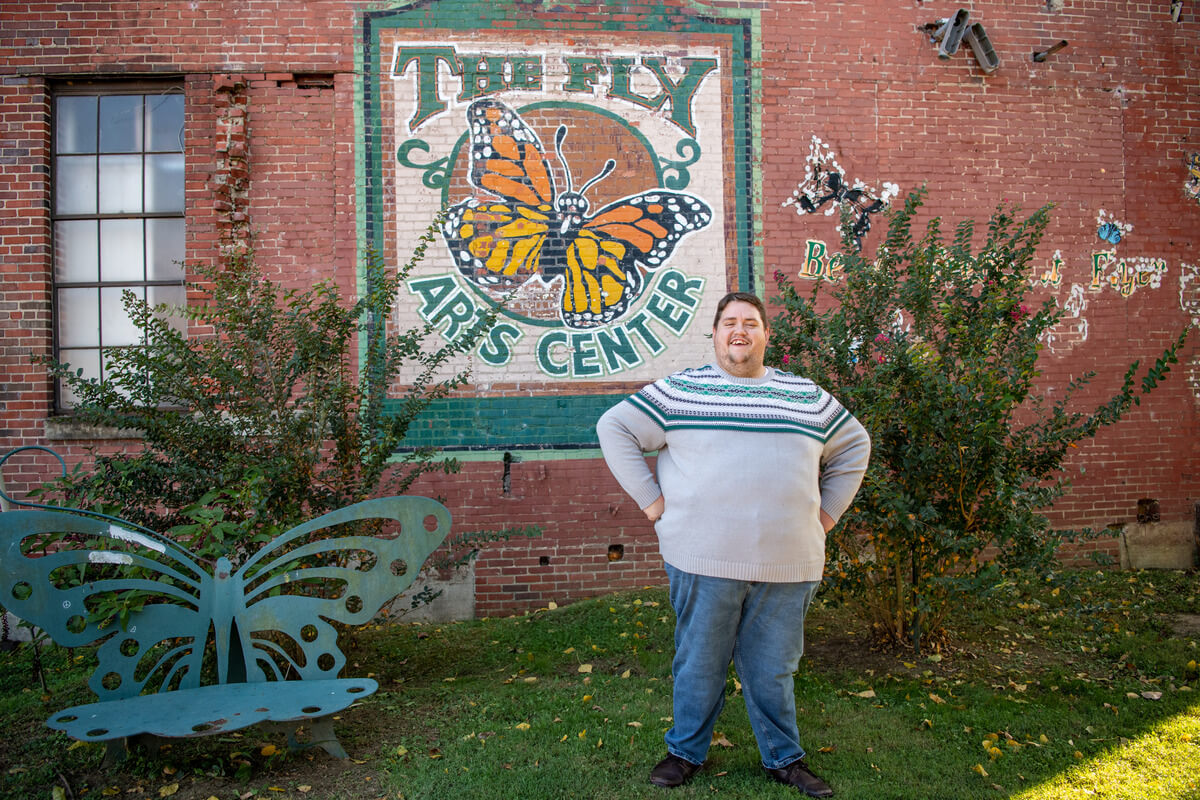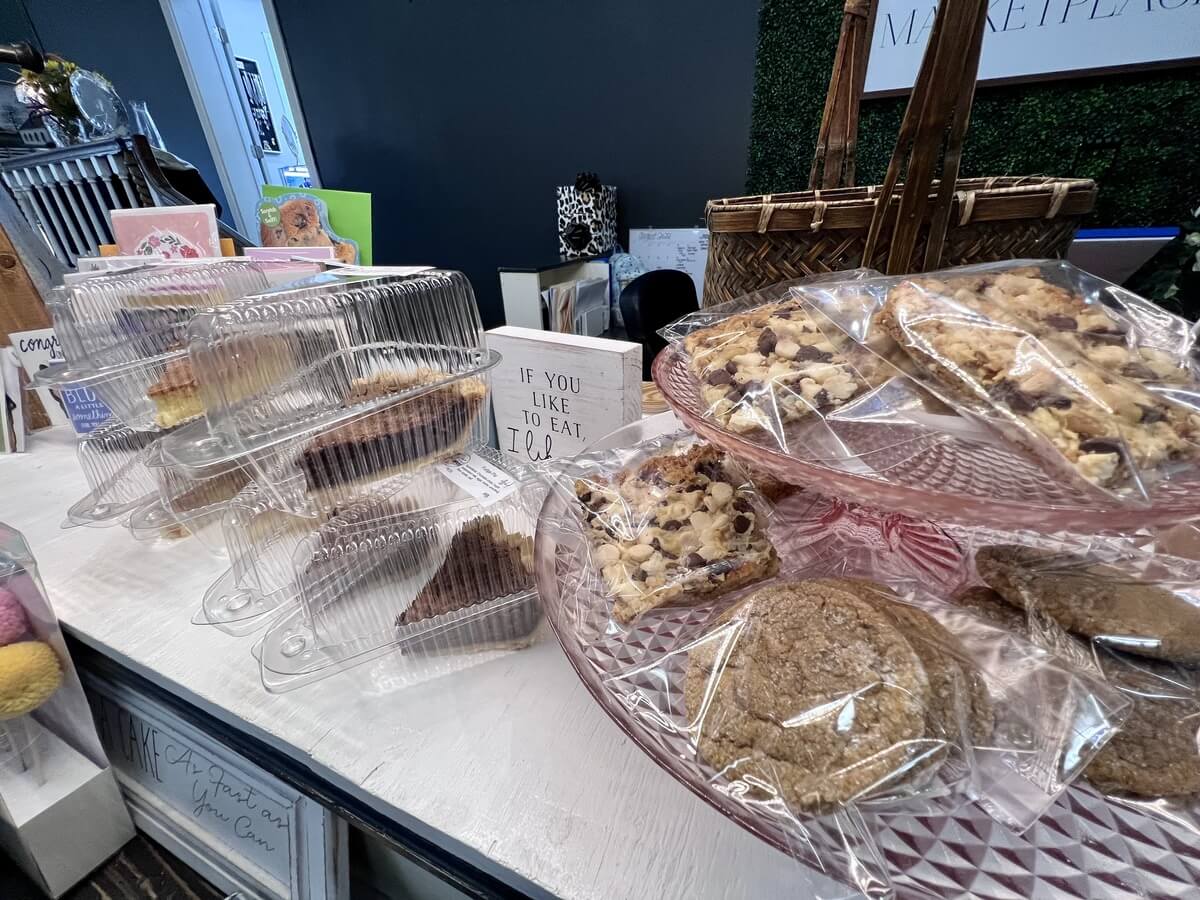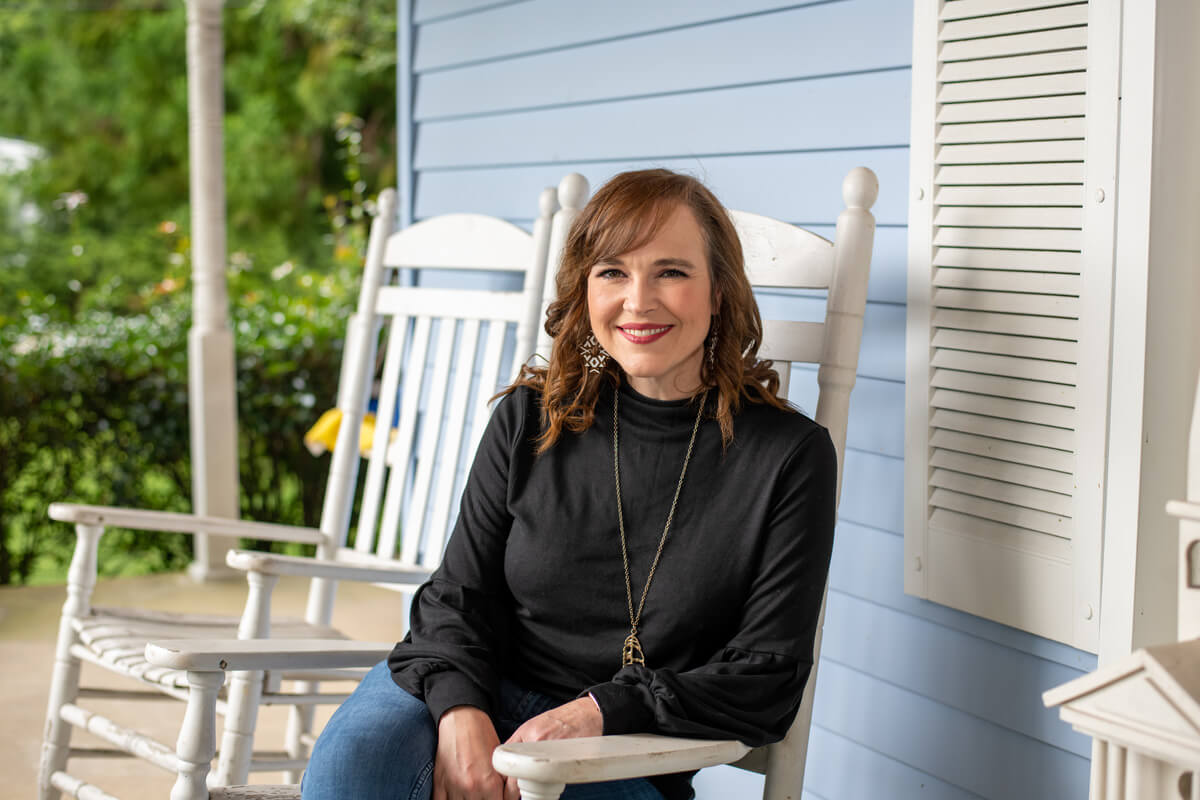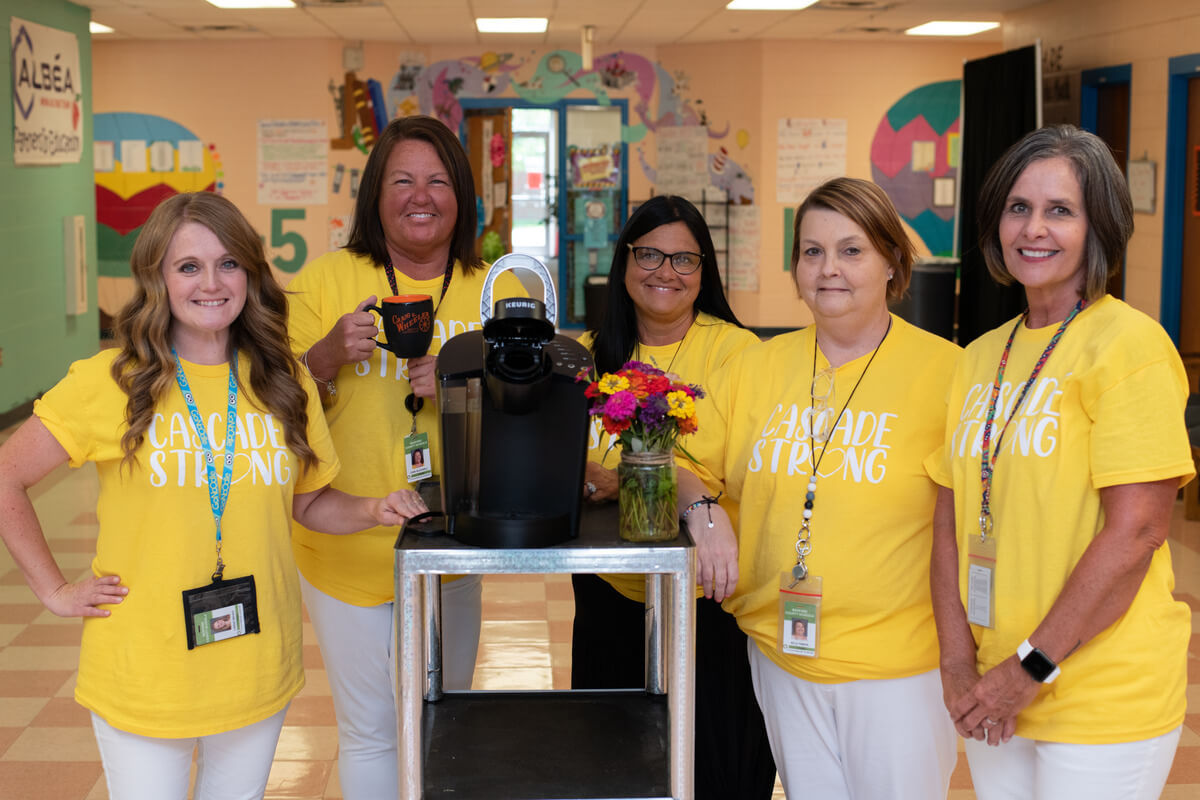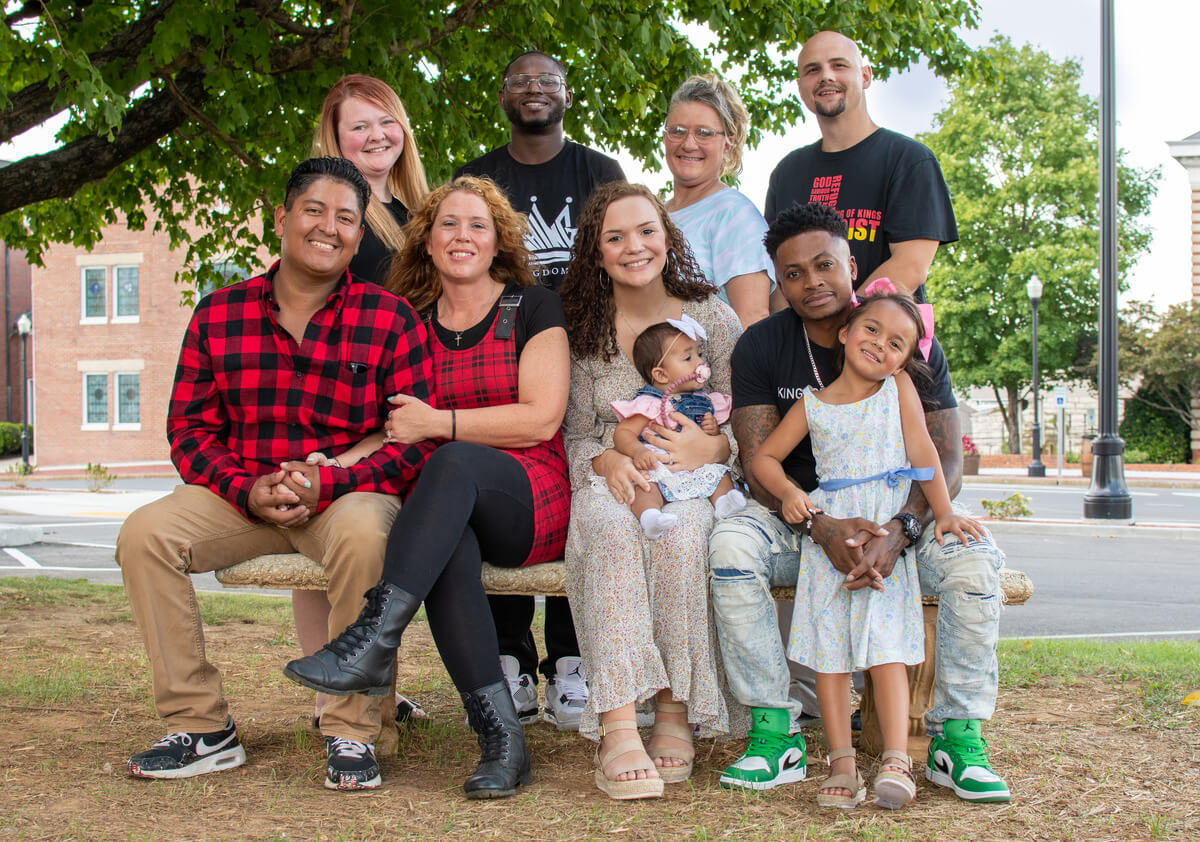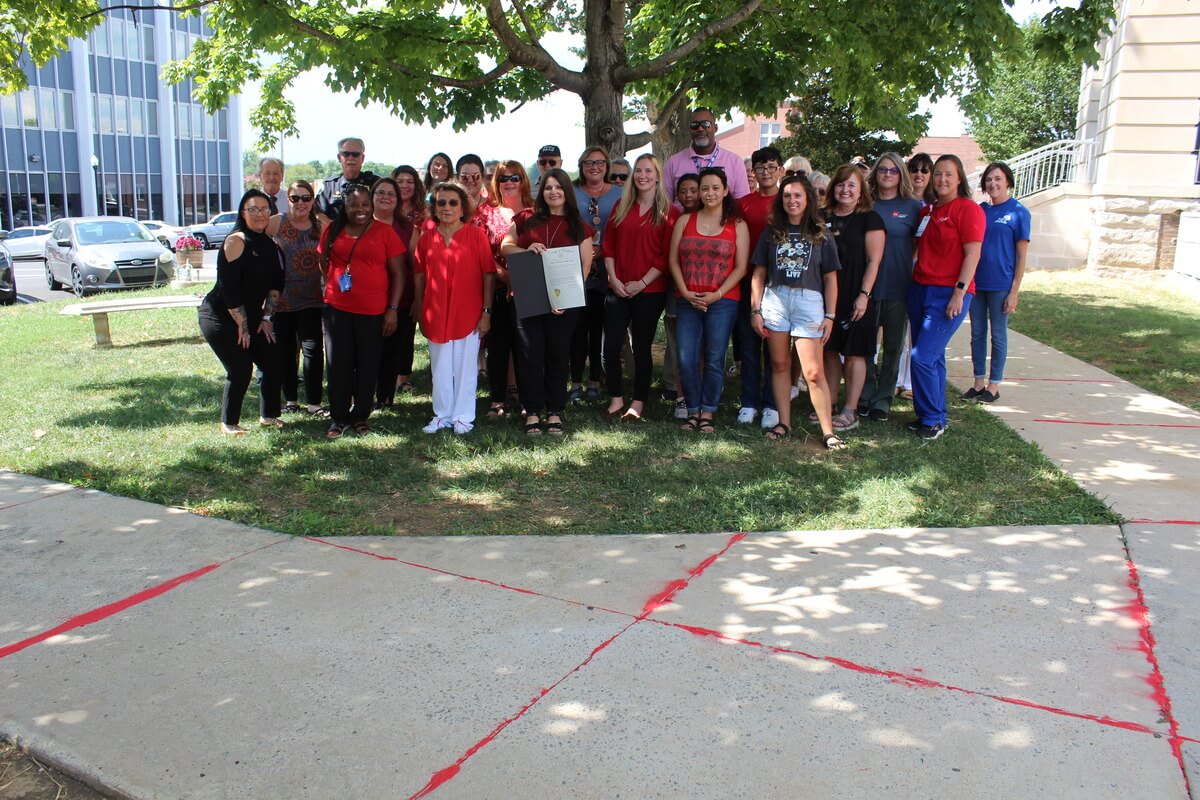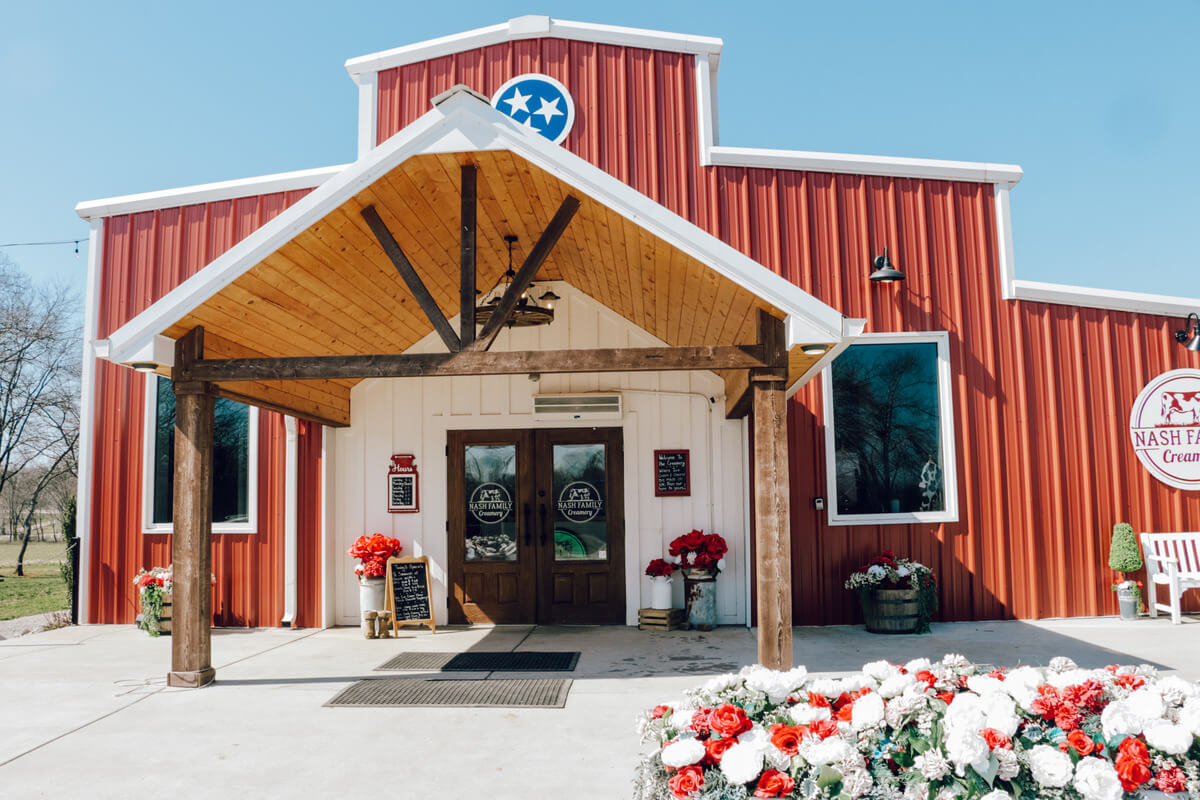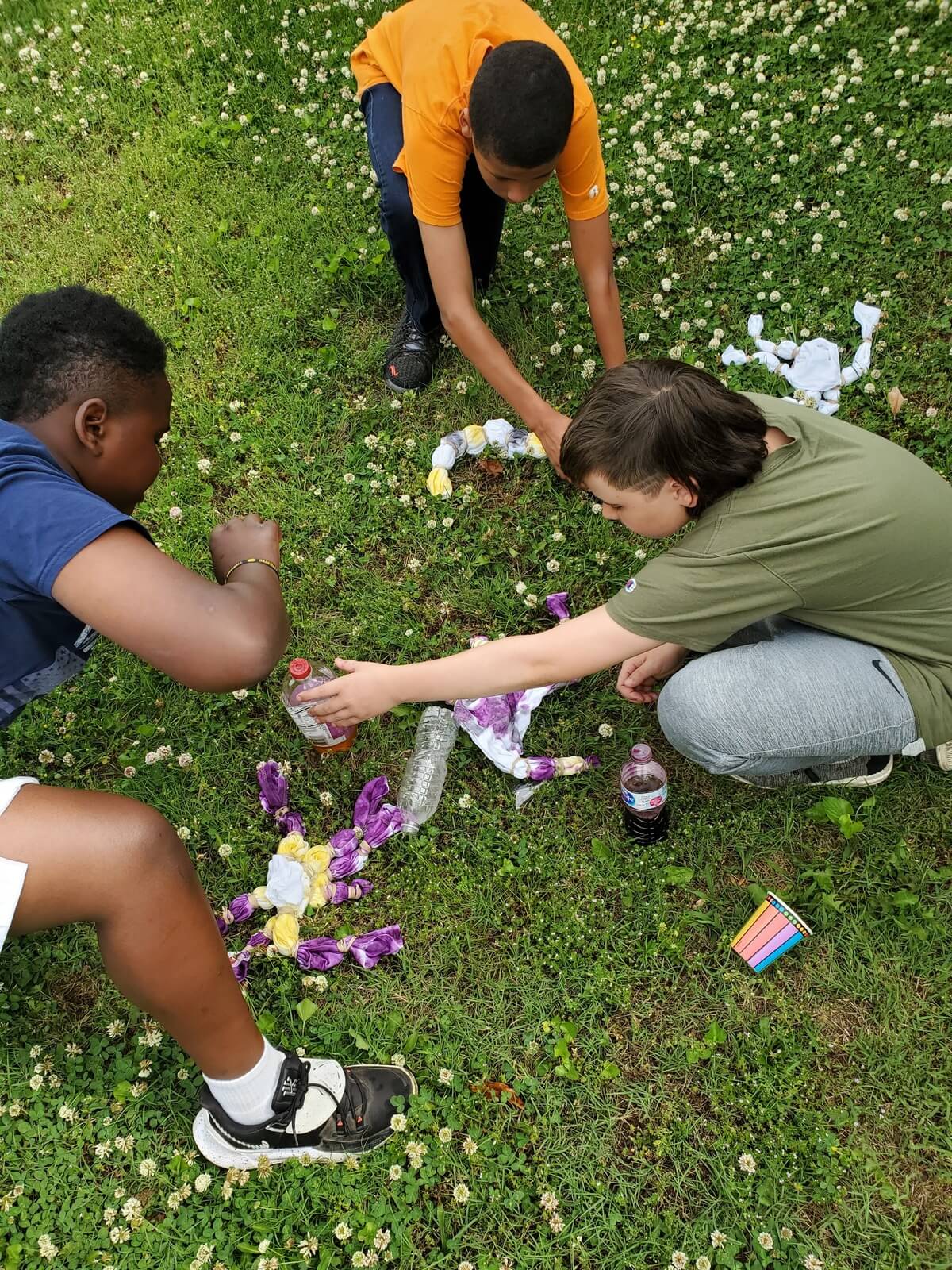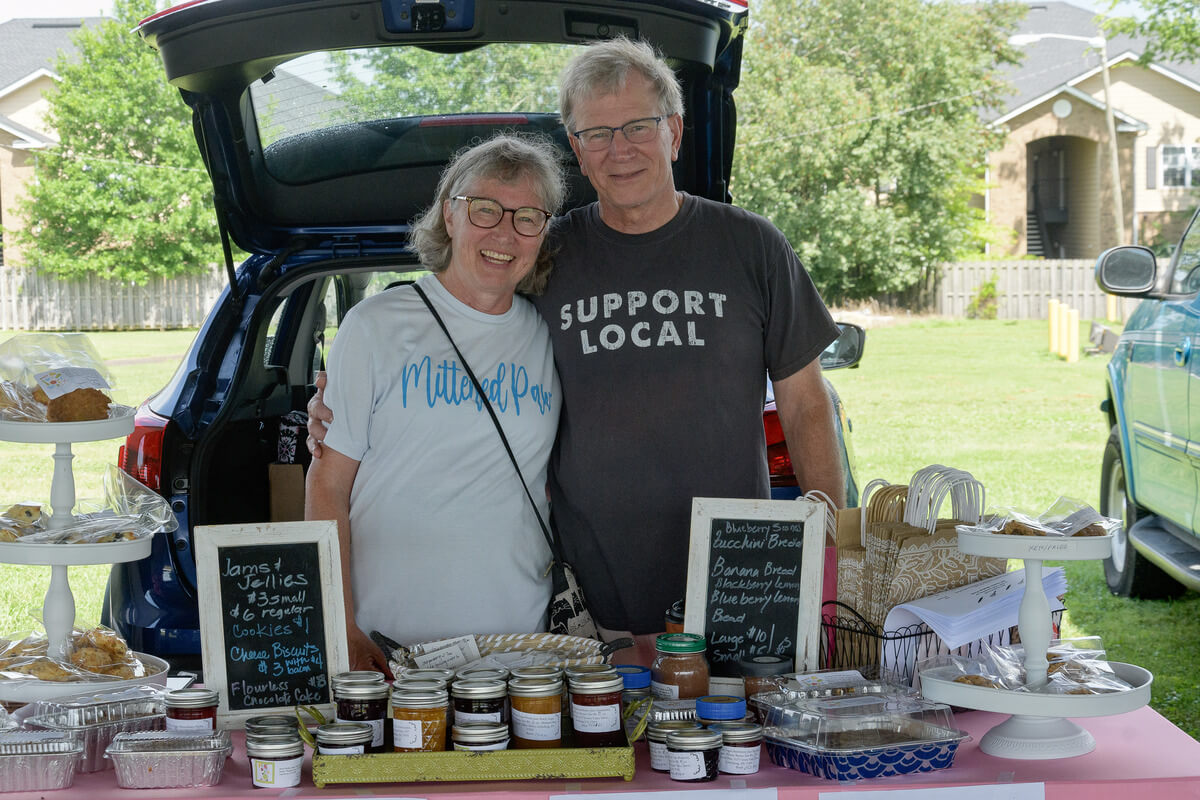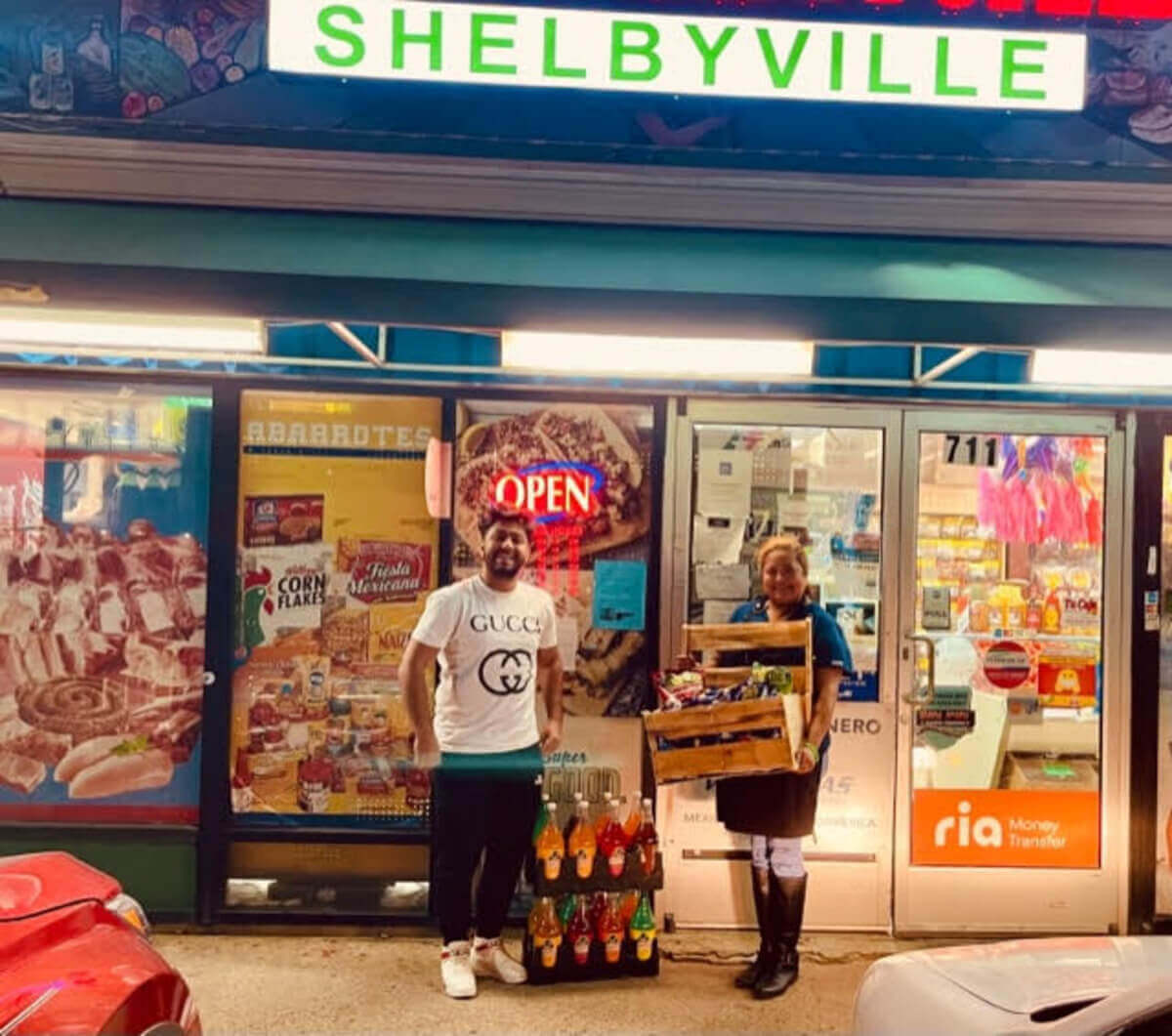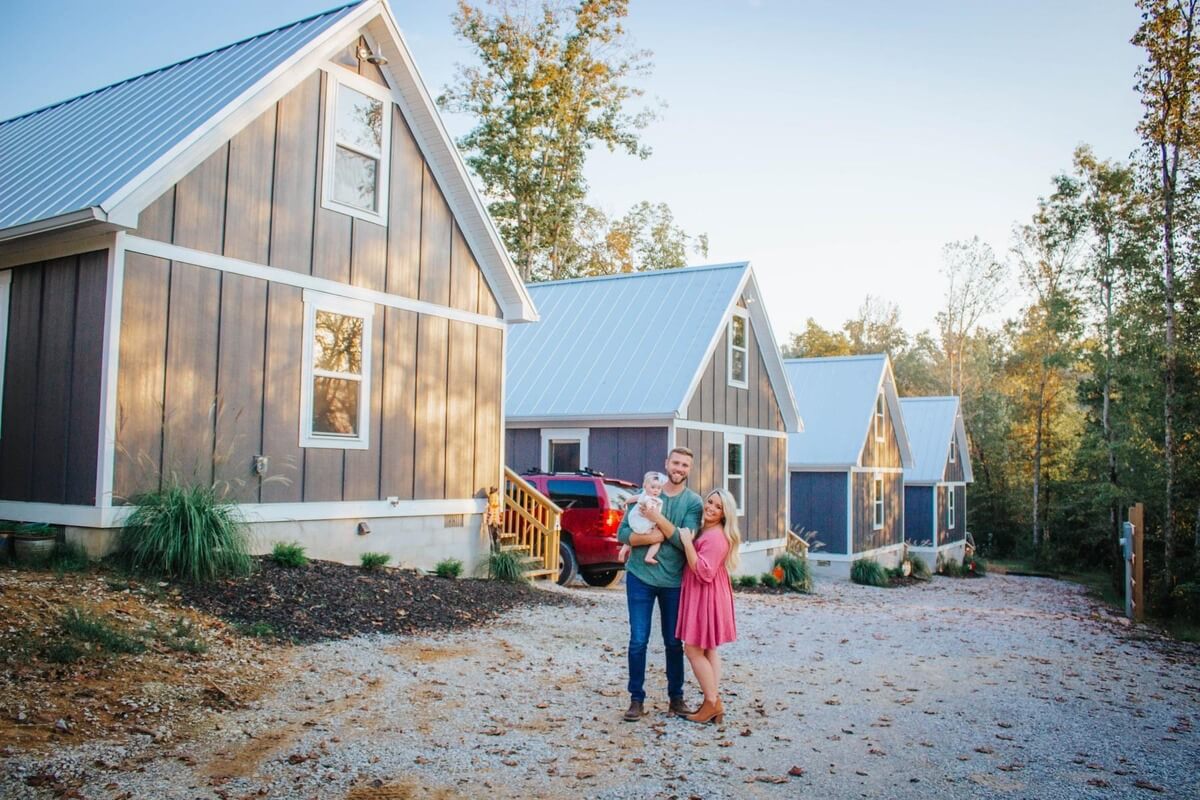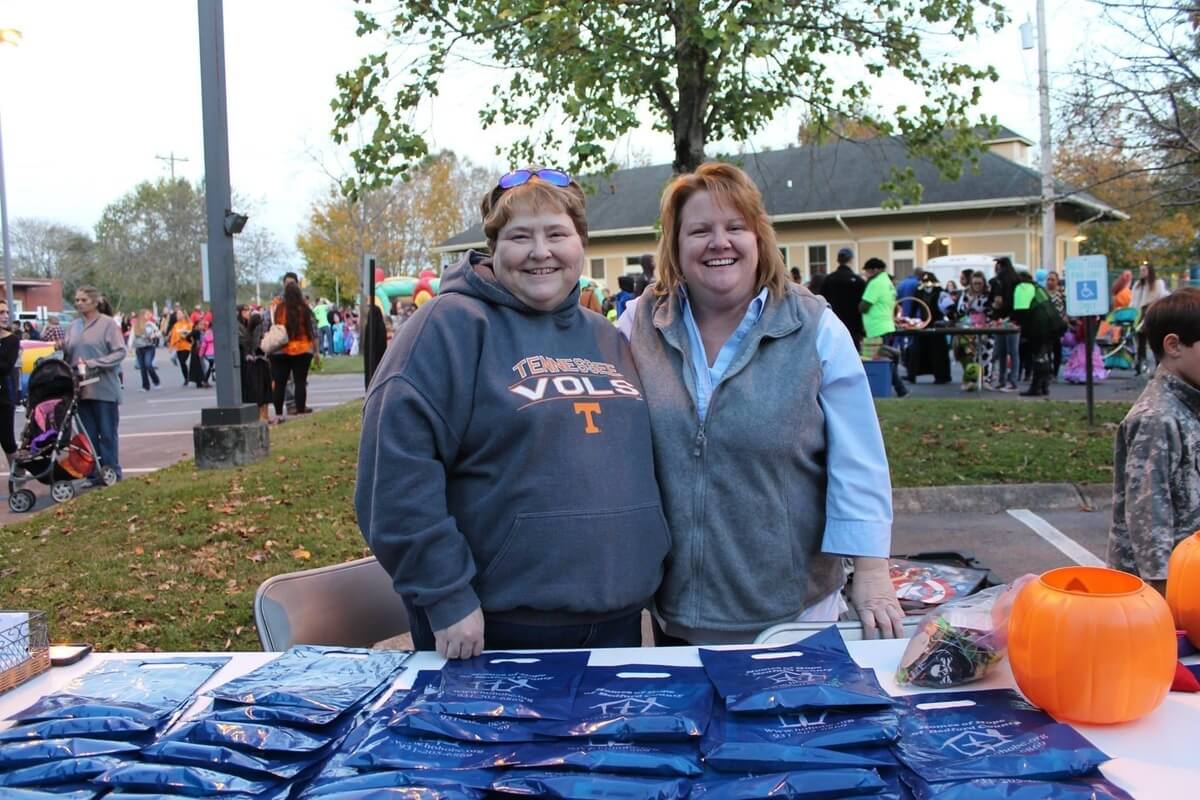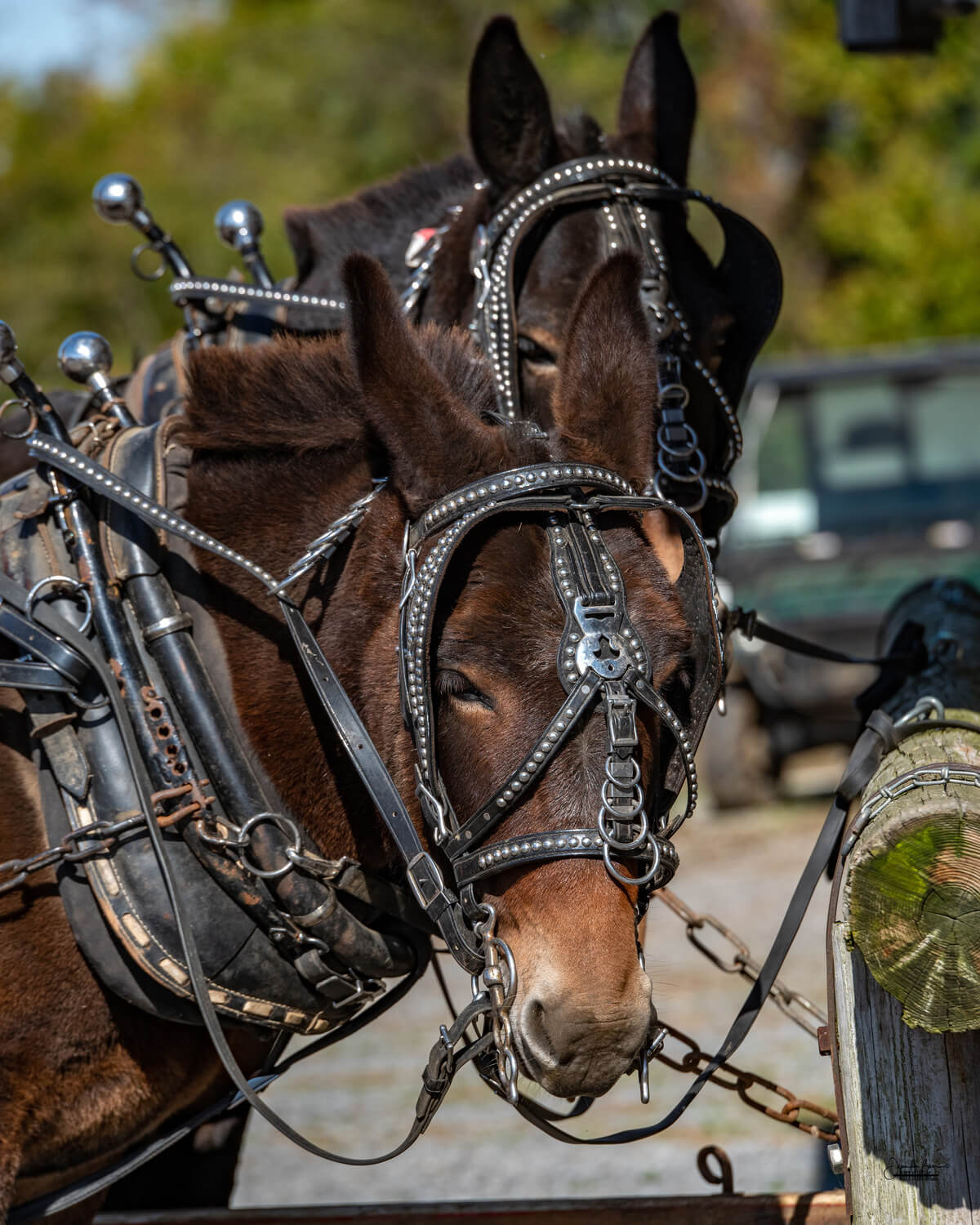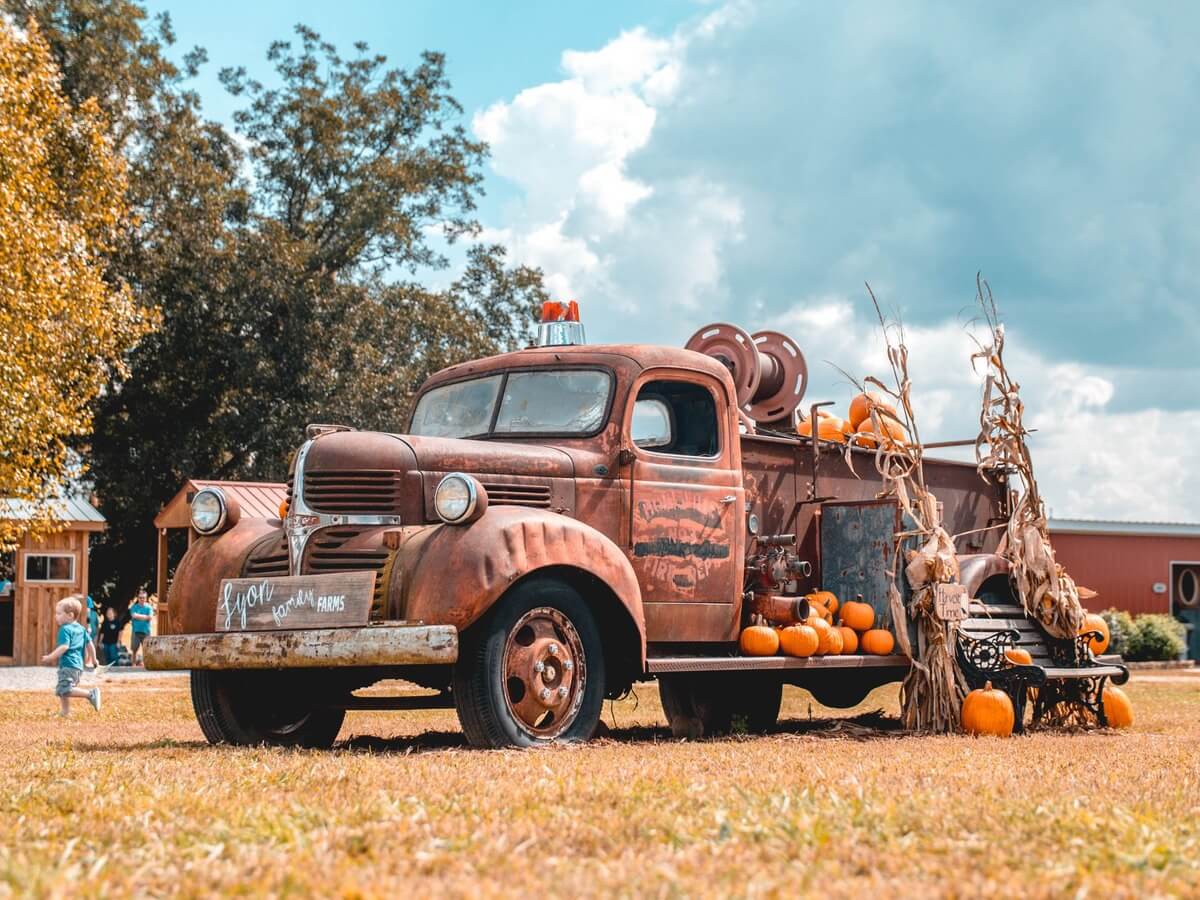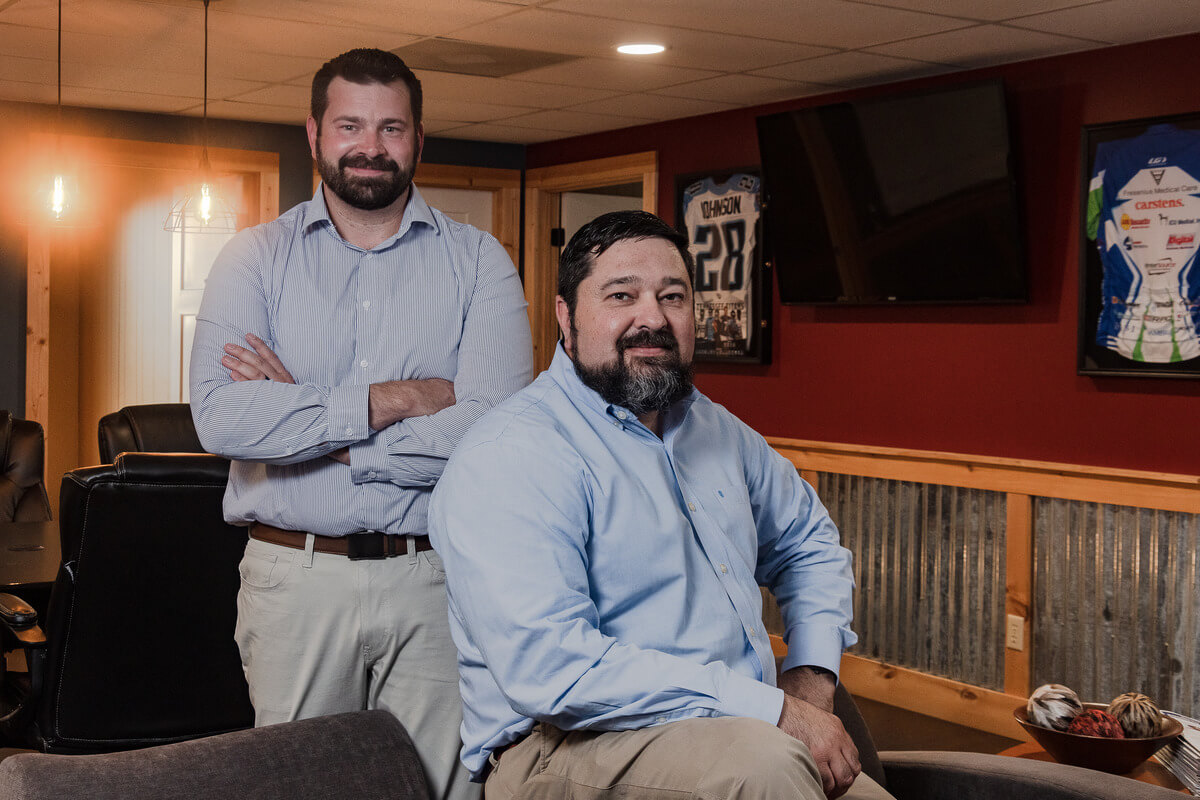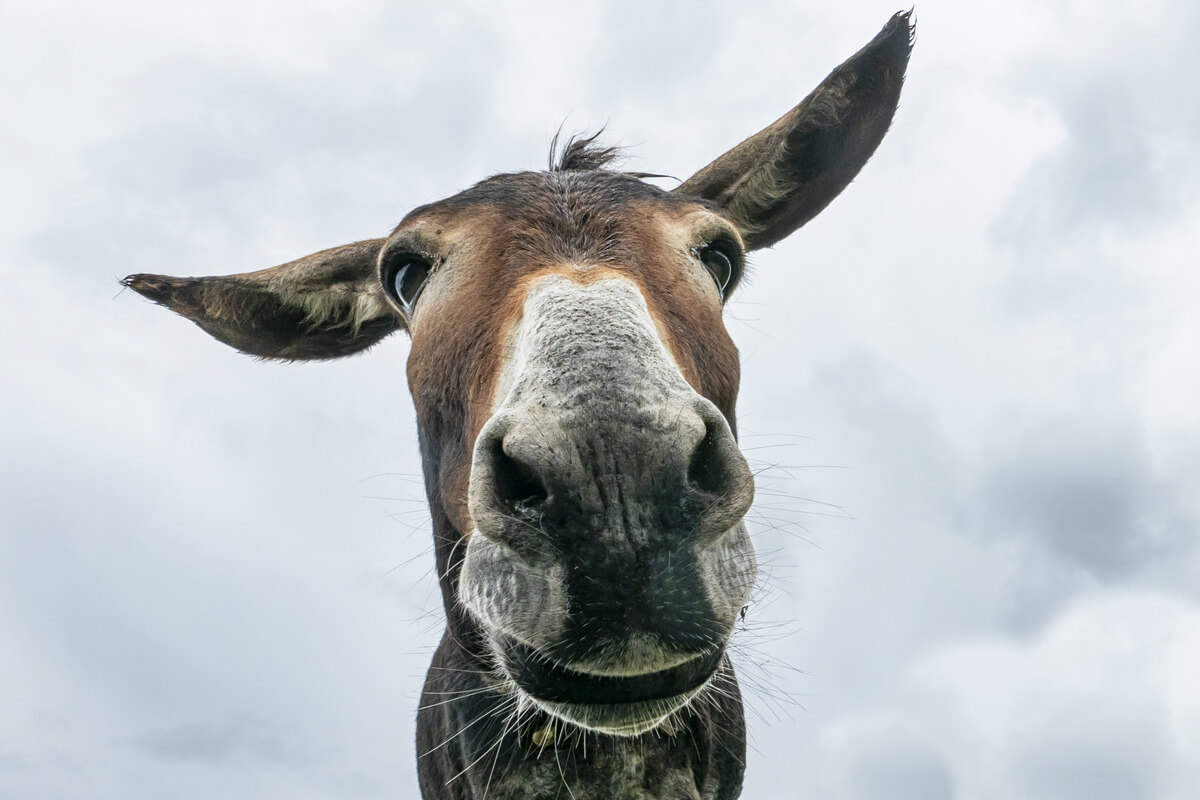ASHLEY POTTS blew a warm breath across the cover of a book, arousing dust particles into the air. Overwhelmed by a mixture of anticipation and sadness, she studied the other items that belonged to her beloved aunt, Nancy Edwards, still packed neatly inside the cardboard box. Now that her aunt was gone, her notes and beekeeping equipment had been passed on to Ashley.
“My aunt got into beekeeping to help with the pollination of strawberries, blueberries, and blackberries. I remember traveling to Ohio with her to a convention full of classes and trade fairs. I will always remember that trip. I was 17 at the time. After she passed, a beekeeper friend of hers tried to help out, but it was a large undertaking for him to manage her hives and his. She was the kindest woman and made such a huge impact on everyone she met,” recalled Ashley.
Could Ashley decipher the notes her aunt left behind and start her own beekeeping business? Armed with her aunt’s bee boxes, frames, smokers, and extracting equipment, Ashley did just that.
“So in 2020, with some knowledge, I thought I’d give it a try. I wish I had my aunt’s knowledge. I could have learned so much from her. I fell in love with beekeeping. Lots of people say, ‘I don’t know how you do that.’ It took me a while to get used to the bees flying around me, but they don’t bother me a bit now. We’ve been gifted 23 acres of the family farm, which our house, my childhood home, and our barn sit on. We also specialize in commercial goat herds, which is a mix of breeds, honeybees, and goat’s milk honey soaps. One day, I hope to sell colonies of bees, but for now, we only sell the honey.”

Six generations of Pottses, including Ashley, have lived on her family farm in Wartrace. Most know it as “Valley Home Farm” because her great-grandparents lived in the grand home and sold berries to the public. Ashley and her husband, David Cook, started Cook Family Farm in 2017. Their commercial goat operation averages 50 nanny goats and 30 hives in six separate locations. Word is rapidly spreading, and her beekeeping business is growing. Most recently, she started a bee yard at Lynfield Gardens in neighboring Bell Buckle.
“I currently have five hives at Lynfield Gardens. I’m really excited about partnering with them. The honeybees help them with pollination of their fruit trees, blackberries, and wildflowers, which gives the bees something to forage on all through the spring and summer.”
What started out as a hobby has now become an exciting business adventure, but it isn’t without its difficulties.
“Beekeeping can be very challenging. Every time I think I have them figured out, they throw me a curveball. I check each hive at least once a week to make sure the queen is still laying and they have enough room. I’m also looking for diseases. In the springtime, a hive will naturally split off about 1/3 of the population. We call this a ‘swarm.’ I always try to prevent this from happening by splitting them myself and making sure they aren’t running out of room. The hardest part is some days, I can’t keep my smoker lit. But the weather can be a challenge, too. It affects the honey flow and how much honey each hive is able to produce each year. The easiest part is selling the honey. Seems like I never have enough.”

Ashley combined the antibacterial properties of honey with the nourishing milk expressed from her herd of goats to create a luxurious soap. She also sells pint jars of honey and offers a limited amount of honeycomb.
“I make a lot of soap baskets for Christmas, but I can make them for any occasion,” said Ashley. “Last year, we made small jars of honey, and my neighbor used them as wedding favors. If you visit our farm, we have an ‘honor system box’ set up where we provide limited quantities of items we have available. Sometimes, I have honey available at Potts Processing. We don’t have a website, but we update our Facebook regularly.”
The Cook’s daughter, Kimber, is majoring in animal science with a minor in agriculture business at the University of Tennessee at Martin. With those credentials, there is no doubt the future of the Cook Family Farm will continue into a seventh generation. GN



































